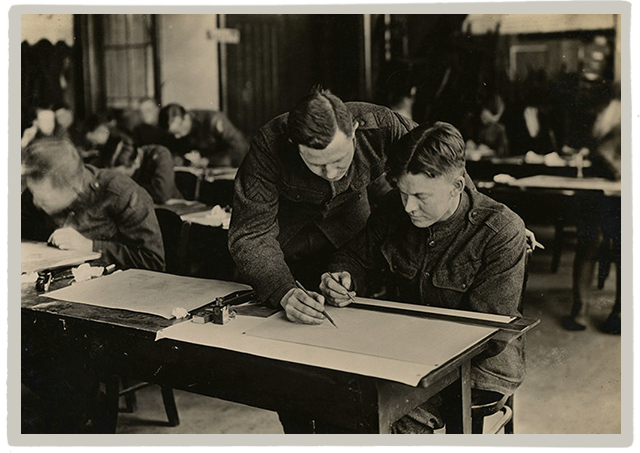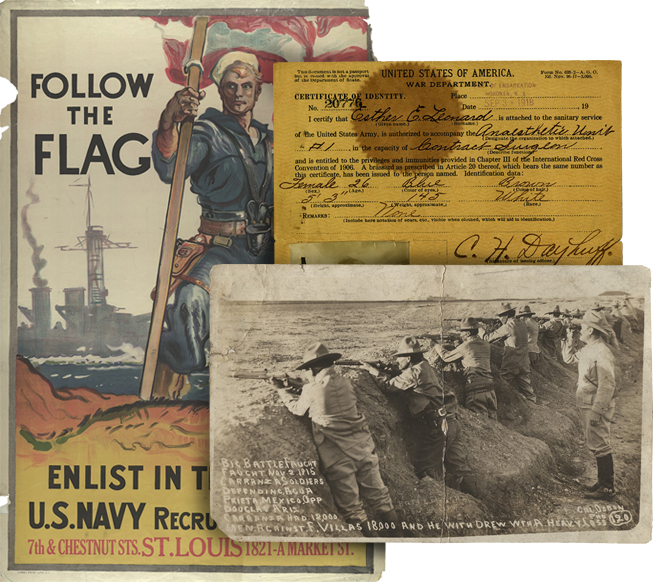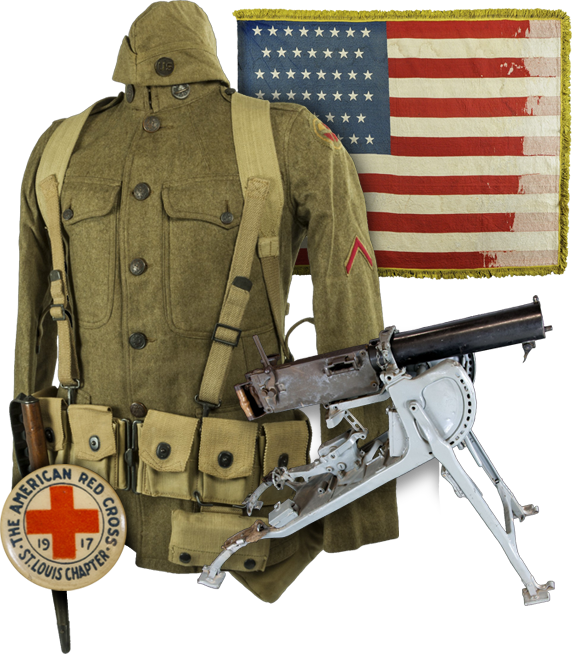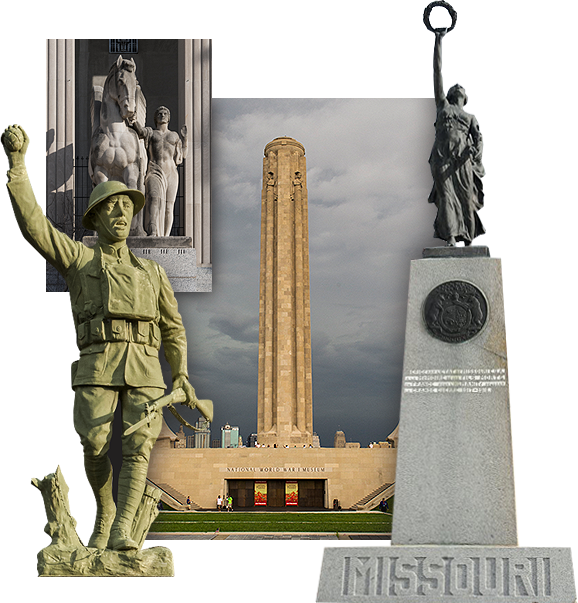Minutes of a Conference with Robert S. Griffin - December 3, 1917
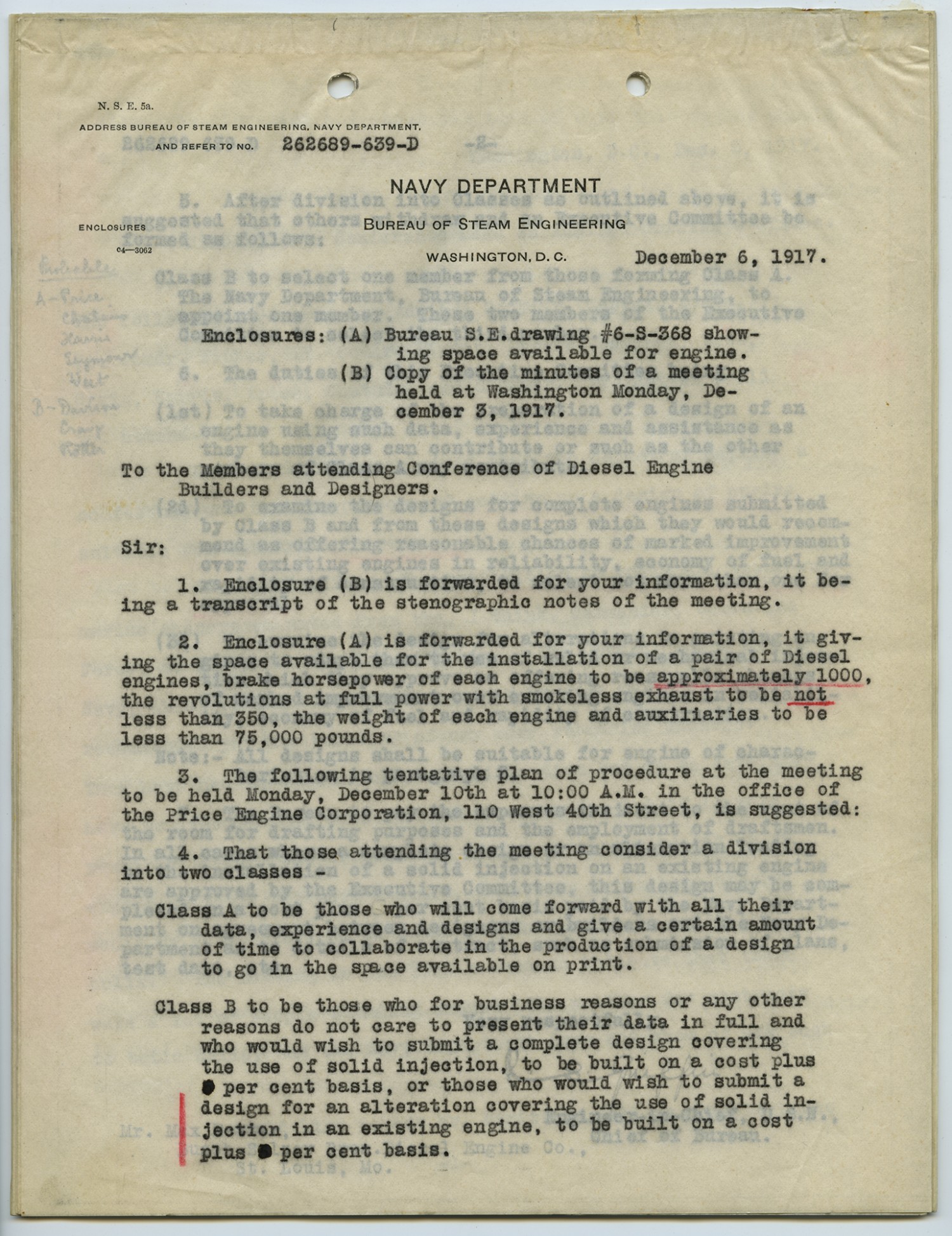
Transcript
[Navy Department letterhead] 262689-639-D December 6, 1917 Enclosures: (A) Bureau S.E. drawing #6-S-368 showing space available for engine. (B) Copy of the minutes of a meeting held at Washington Monday, December 3, 1917 To the Members attending Conference of Diesel Engine Builders and Designers. Sir: 1. Enclosure (B) is forwarded for your information, it being a transcript of the stenographic notes of the meeting. 2. Enclosure (A) is forwarded for your information, it giving the space available for the installation of a pair of Diesel engines, brake horsepower of each engine to be approximately 1000, the revolutions at full power with smokeless exhaust to be not less than 350, the weight of each engine and auxiliaries to be less than 75,000 pounds. 3. The following tentative plan of procedure at the meeting to be held Monday, December 10th at 10:00 A.M. in the office of the Price Engine Corporation, 110 West 40th Street, is suggested: 4. That those attending the meeting consider a division into two classes
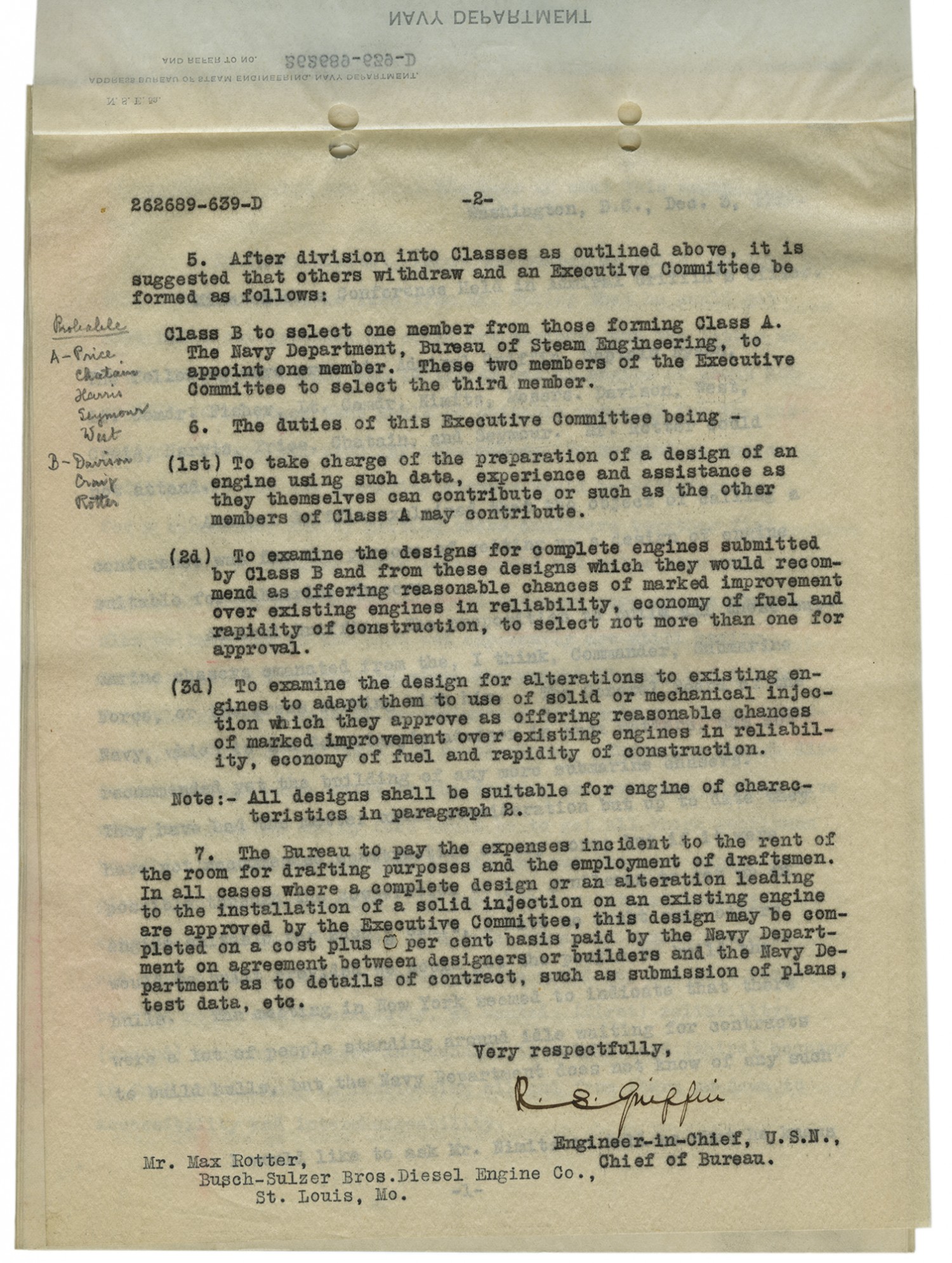
Transcript
262689-639-D [page 2] 5. After division into Classes as outlined above, it is suggested that others withdraw and an Executive Committee be formed as follows: Class B to selected one member from those forming class A. The Navy Department, Bureau of Steam Engineering, to appoint one member. These two members of the Executive Committee to select the third member. 6. The duties of this Executive Committee being
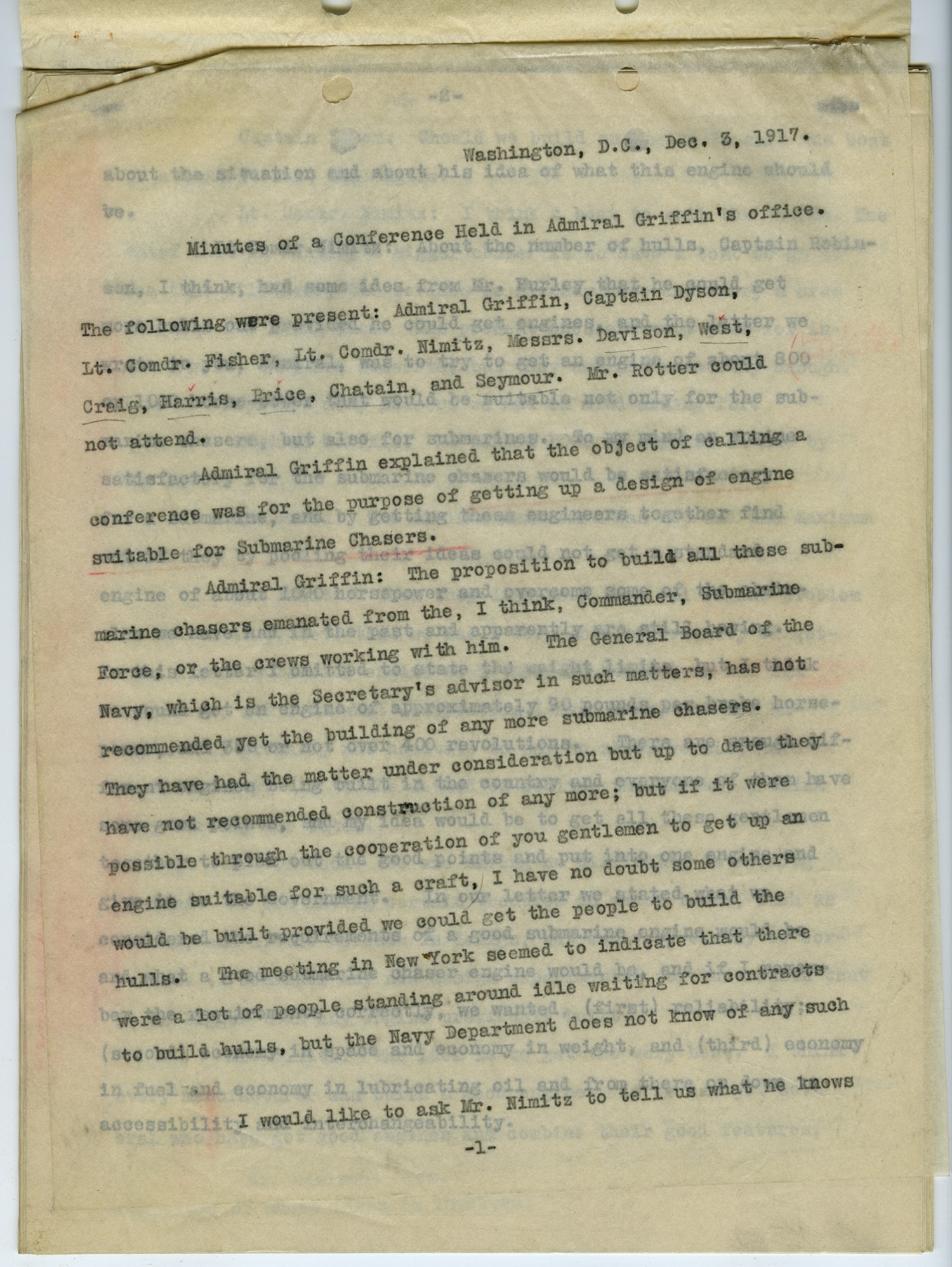
Transcript
Washington, D.C., [December] 3, 1917. Minutes of a conference Held in Admiral Griffin
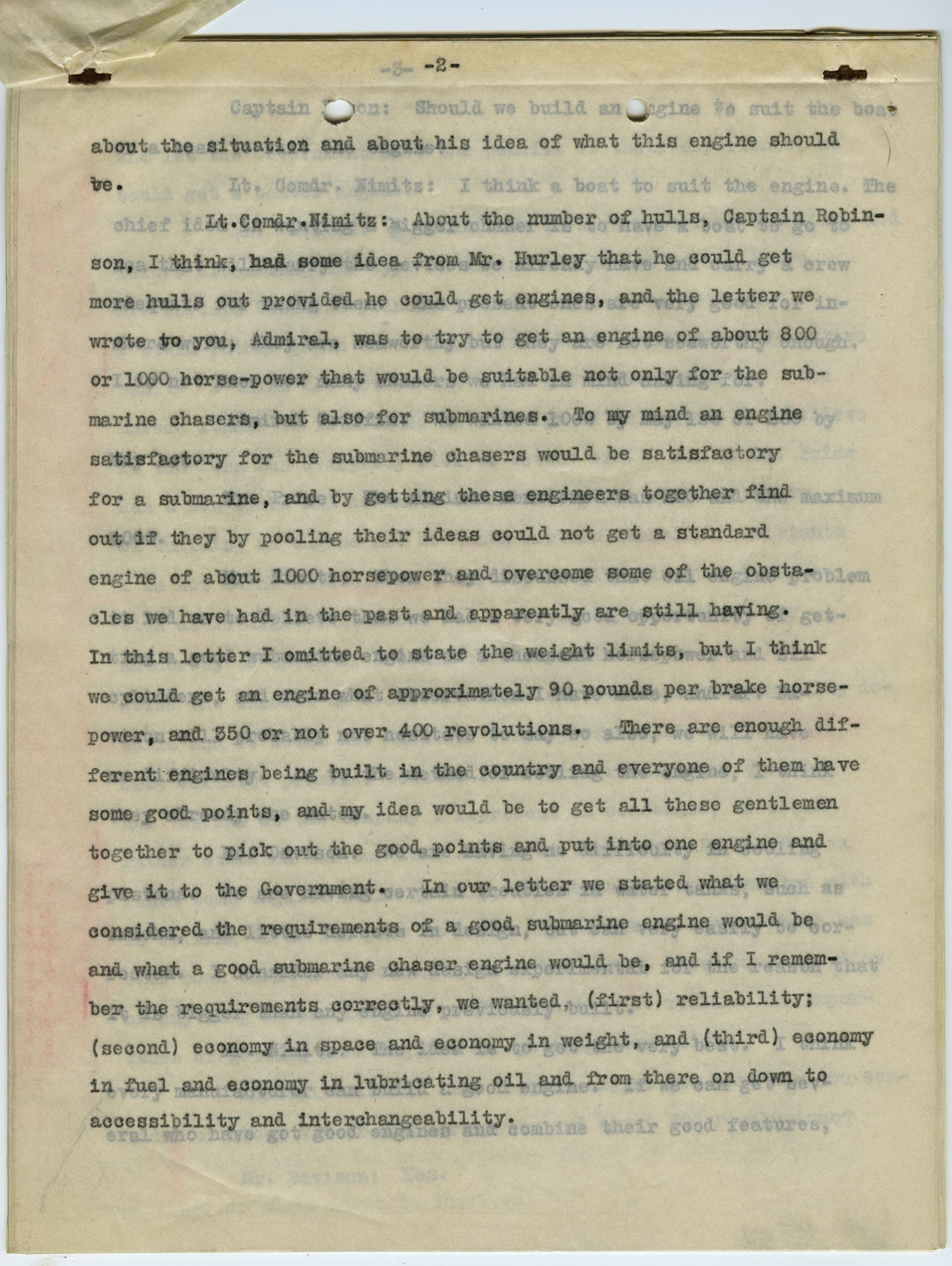
Transcript
[page 2] about the situation and about his idea of what this engine should be. Lt. Comdr. Nimitz: About the number of hulls, Captain Robinson, I think, had some idea from Mr. Hurley that he could get more hulls out provided he could get engines, and the letter we wrote to you, Admiral, was to try to get an engine of about 800 or 1000 horse-power that would be suitable not only for the submarine chasers, but also for submarines. To my mind an engine satisfactory for the submarine chasers would be satisfactory for a submarine, and by getting these engineers together find out if they by pooling their ideas could not get a standard engine of about 1000 horsepower and overcome some of the obstacles we have had in the past and apparently are still having. In this letter I omitted to state the weight limits, but I think we could get an engine of approximately 90 pounds per brake horse power, and 350 or not over 400 revolutions. There are enough different engines being built in the country and everyone of them have some good points, and my idea would be to get all these gentlemen together to pick out the good points and put into one engine and give it to the Government. In our letter we stated what we considered the requirements of a good submarine engine would be and what a good submarine chaser engine would be, and if I remember the requirements correctly, we wanted, (first) reliability; (second) economy in space and economy in weight, and (third) economy in fuel and economy in lubricating oil and from there on down to accessibility and interchangeability.
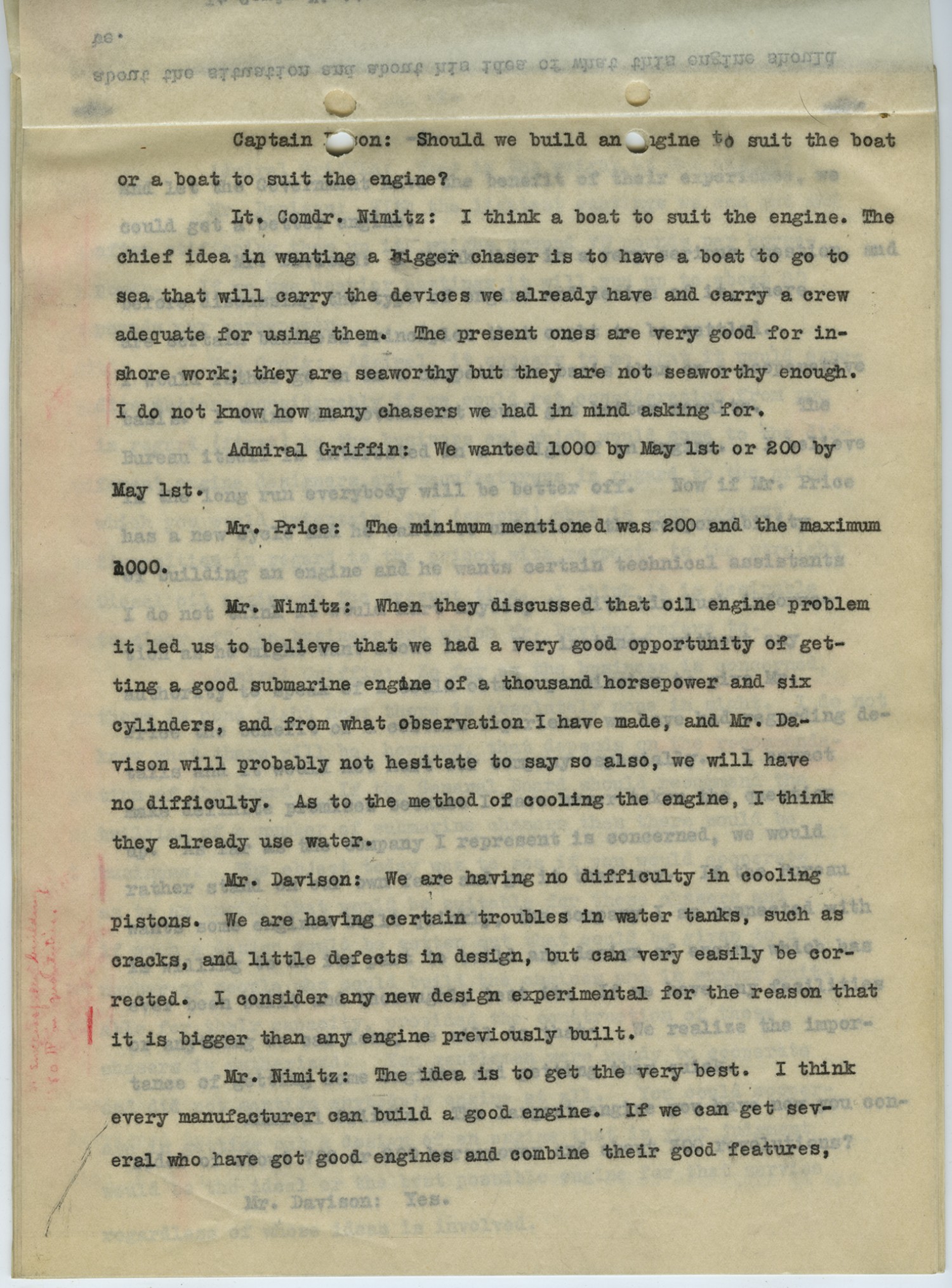
Transcript
Captain Dyson: Should we build an engine to suit the boat or a boat to suit the engine? Lt. Comdr. Nimitz: I think a boat to suit the engine. The chief idea in wanting a bigger chaser is to have a boat to go to sea that will carry the devices we already have and carry a crew adequate for using them. The present ones are very good for inshore work; they are seaworthy but they are not seaworthy enough. I do not know how many chasers we had in mind asking for. Admiral Griffin: We wanted 1000 by May 1st or 200 by May 1st. Mr. Price: The minimum mentioned was 200 and the maximum 1000. Mr. Nimitz: When they discussed that oil engine problem it led us to believe that we had a very good opportunity of getting a good submarine engine of a thousand horsepower and six cylinders, and from what observation I have made, and Mr. Davison will probably not hesitate to say so also, we will have no difficulty. As to the method of cooling the engine, I think they already use water. Mr: Davison: We are having no difficulty in cooling pistons. We are having certain troubles in water tanks, such as cracks, and little defects in design, but can very easily be corrected. I consider any new design experimental for the reason that it is bigger than any engine previously built. Mr. Nimitz: The idea is to get the very best. I think every manufacturer can build a good engine. If we can get several who have got good engines and combine their good features,
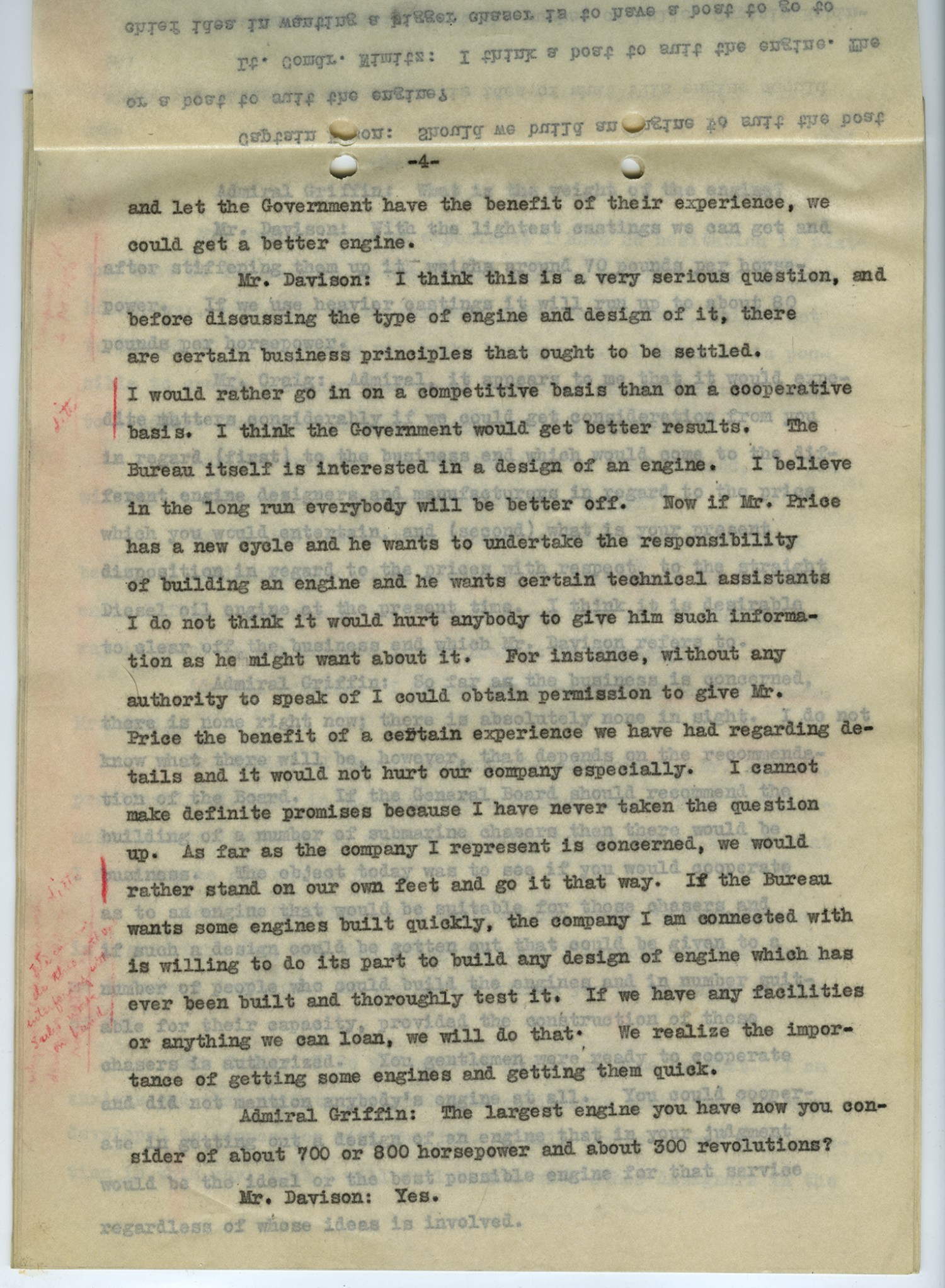
Transcript
[page 4] and let the Government have the benefit of their experience, we could get a better engine. Mr. Davison: I think this is a very serious question, and before discussing the type of engine and design of it, there are certain business principles that ought to be settled. I would rather go in on a competitive basis than on a cooperative basis. I think the Government would get better results. The Bureau itself is interested in a design of an engine. I believe in the long run everybody will be better off. Now if Mr. Price has a new cycle and he wants to undertake the responsibility of building an engine and he wants certain technical assistants I do not think it would hurt anybody to give him such information as he might want about it. For instance, without any authority to speak of I could obtain permission to give Mr. Price the benefit of a certain experience we have had regarding details and it would not hurt our company especially. I cannot make definite promises because I have never taken the question up. As far as the company I represent is concerned, we would rather stand on our own feet and go it that way. If the Bureau wants some engines built quickly, the company I am connected with is willing to do its part to build any design of engine which has ever been built and thoroughly test it. If we have any facilities or anything we can loan, we will do that. We realize the importance of getting some engines and getting them quick. Admiral Griffin: The largest engine you have now you consider of about 700 or 800 horsepower and about 300 revolutions? Mr. Davison: Yes.
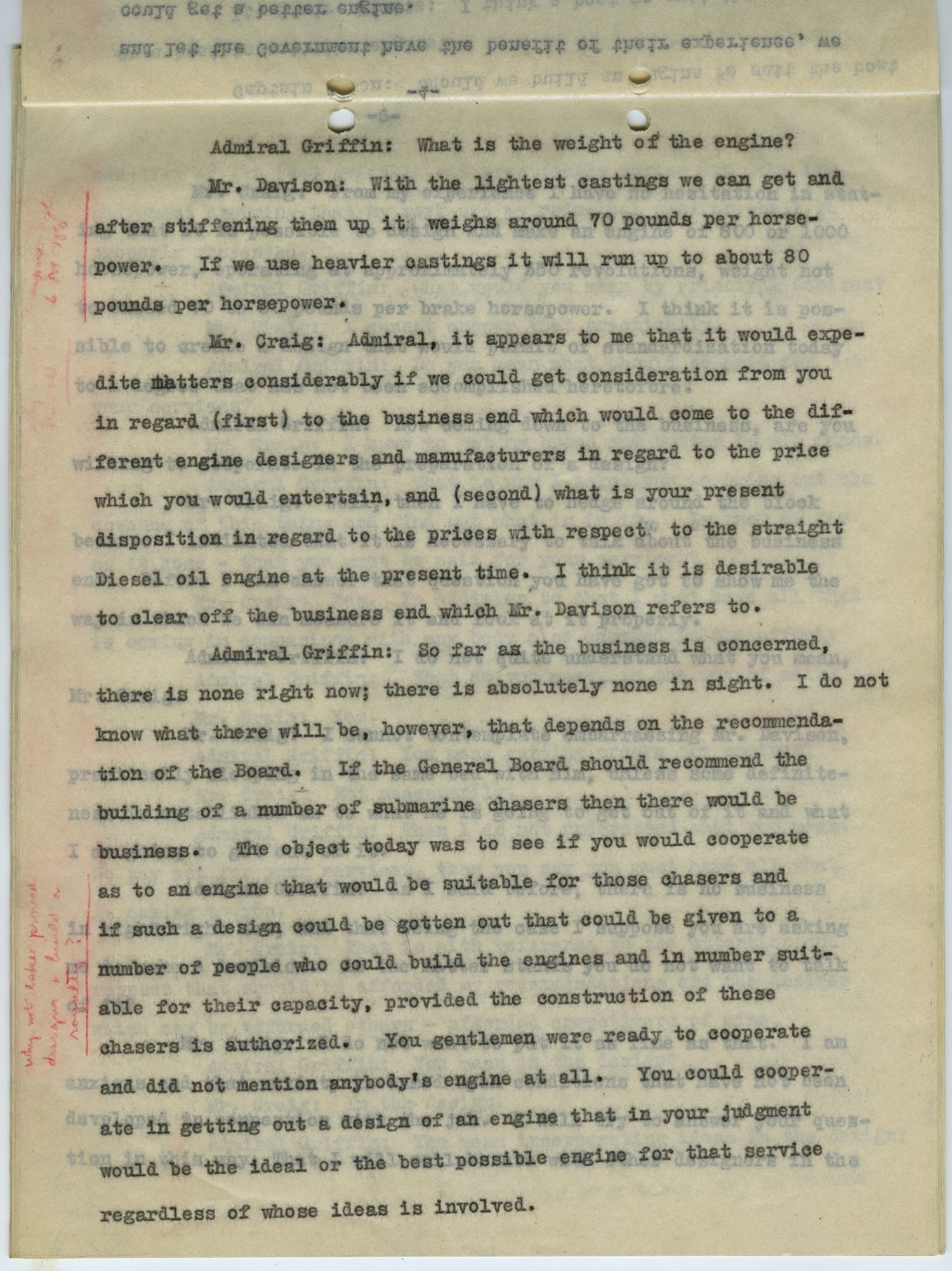
Transcript
Admiral Griffin: What is the weight of the engine? Mr. Davison: With the lightest casting we can get and after stiffening them up it weighs around 70 pounds per horse power. If we use heavier castings it will run up to about 80 pounds per horsepower. Mr. Craig: Admiral, it appears to me that it would expedite matters considerably if we could get consideration from you in regard (first) to the business end which would come to the different engine designers and manufactures in regard to the price which you would entertain, and (second) what is your present disposition in regard to the prices with respect to the straight Diesel oil engine at the present time. I think it is desirable to clear off the business end which Mr. Davison refers to. Admiral Griffin: So far as the business is concerned, there is none right now; there is absolutely none in sight. I do not know what there will be, however, that depends on the recommendation of the Board. If the General Board should recommend the building of a number of submarine chasers then there would be business. The object today was to see if you would cooperate as to an engine that would be suitable for those chasers and if such a design could be gotten out that could be given to a number of people who could build the engines and in number suitable for their capacity, provided the construction of these chasers is authorized. You gentlemen were ready to cooperate and did not mention anybody
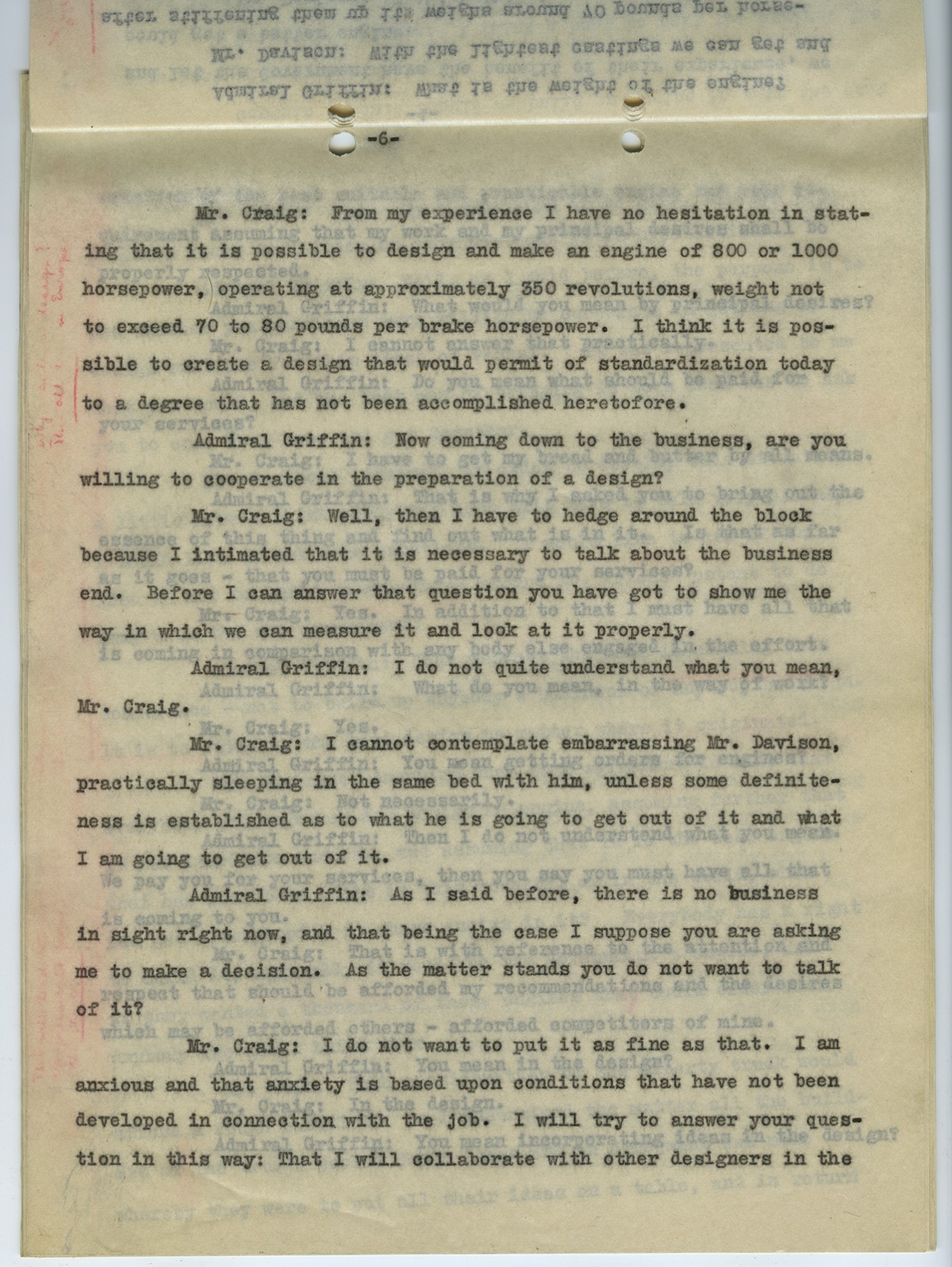
Transcript
[page 6] Mr. Craig: From my experience I have no hesitation in stating that it is possible to design and make an engine of 800 or 1000 horsepower, operating at approximately 350 revolutions, weight not to exceed 70 to 80 pounds per brake horsepower. I think it is possible to create a design that would permit of standardization today to a degree that has not been accomplished heretofore. Admiral Griffin: Now coming down to the business, are you willing to cooperate in the preparation of a design? Mr. Craig: Well, then I have to hedge around the block because I intimated that it is necessary to talk about the business end. Before I can answer that question you have got to show me the way in which we can measure it and look at it properly. Admiral Griffin: I do not quite understand what you mean, Mr. Craig. Mr. Craig: I cannot contemplate embarrassing Mr. Davison, practically sleeping in the same bed with him, unless some definiteness is established as to what he is going to get out of it and what I am going to get out of it. Admiral Griffin: As I said before, there is no business in sight right now, and that being the case I suppose you are asking me to make a decision. As the matter stands you do not want to talk of it? Mr. Craig: I do not want to put it as fine as that. I am anxious and that anxiety is based upon conditions that have not been developed in connection with the job. I will try to answer your question in this way: That I will collaborate with other designers in the
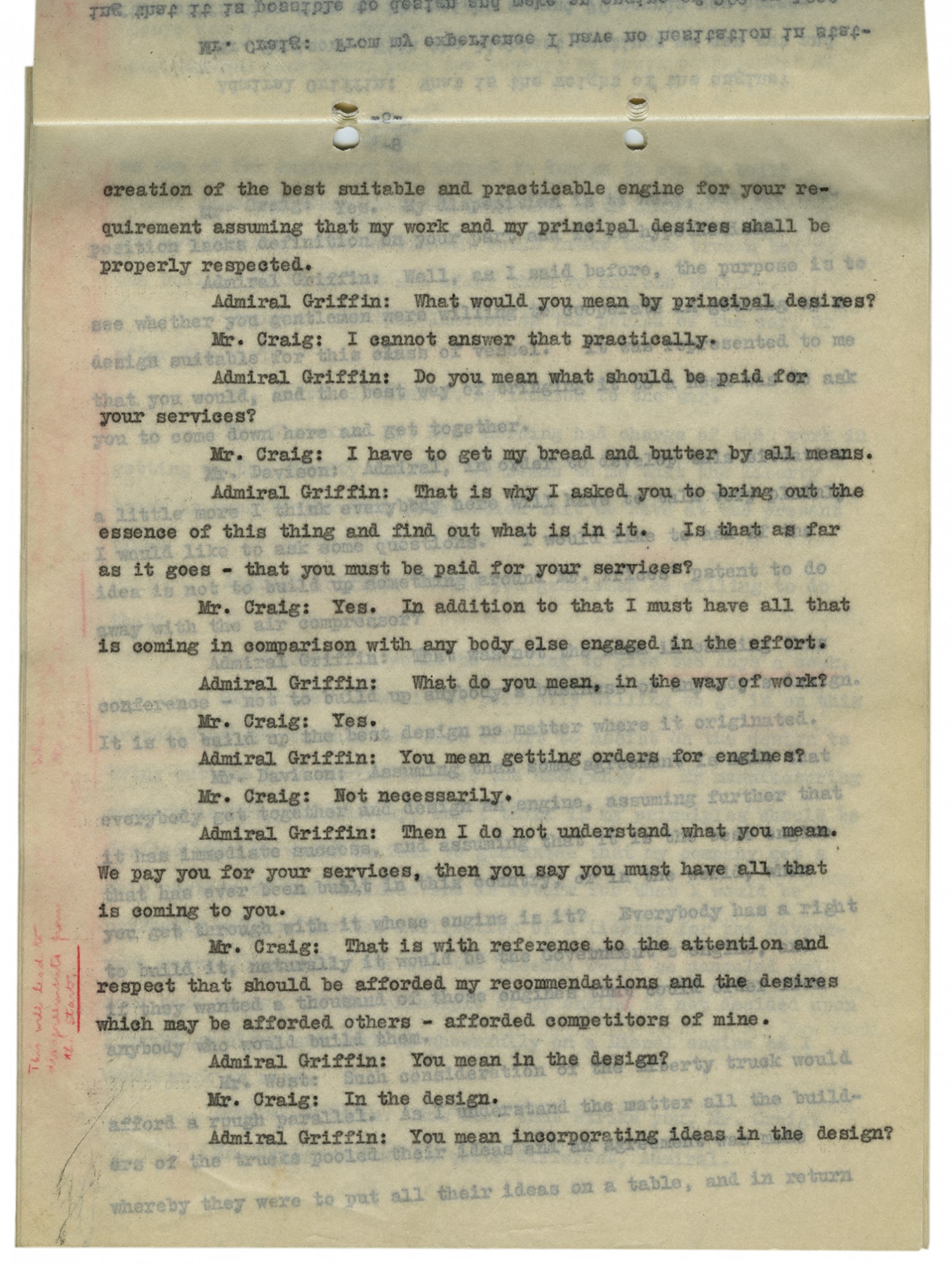
Transcript
creation of the best suitable and practicable engine for your requirements assuming that my work and my principal desires shall be properly respected. Admiral Griffin: What would you mean by principal desires? Mr. Craig: I cannot answer that practically. Admiral Griffin: Do you mean what should be paid for your services? Mr. Craig: I have to get my bread and butter by all means. Admiral Griffin: That is why I asked you to bring out the essence of this thing and find out what is in it. Is that as far as it goes
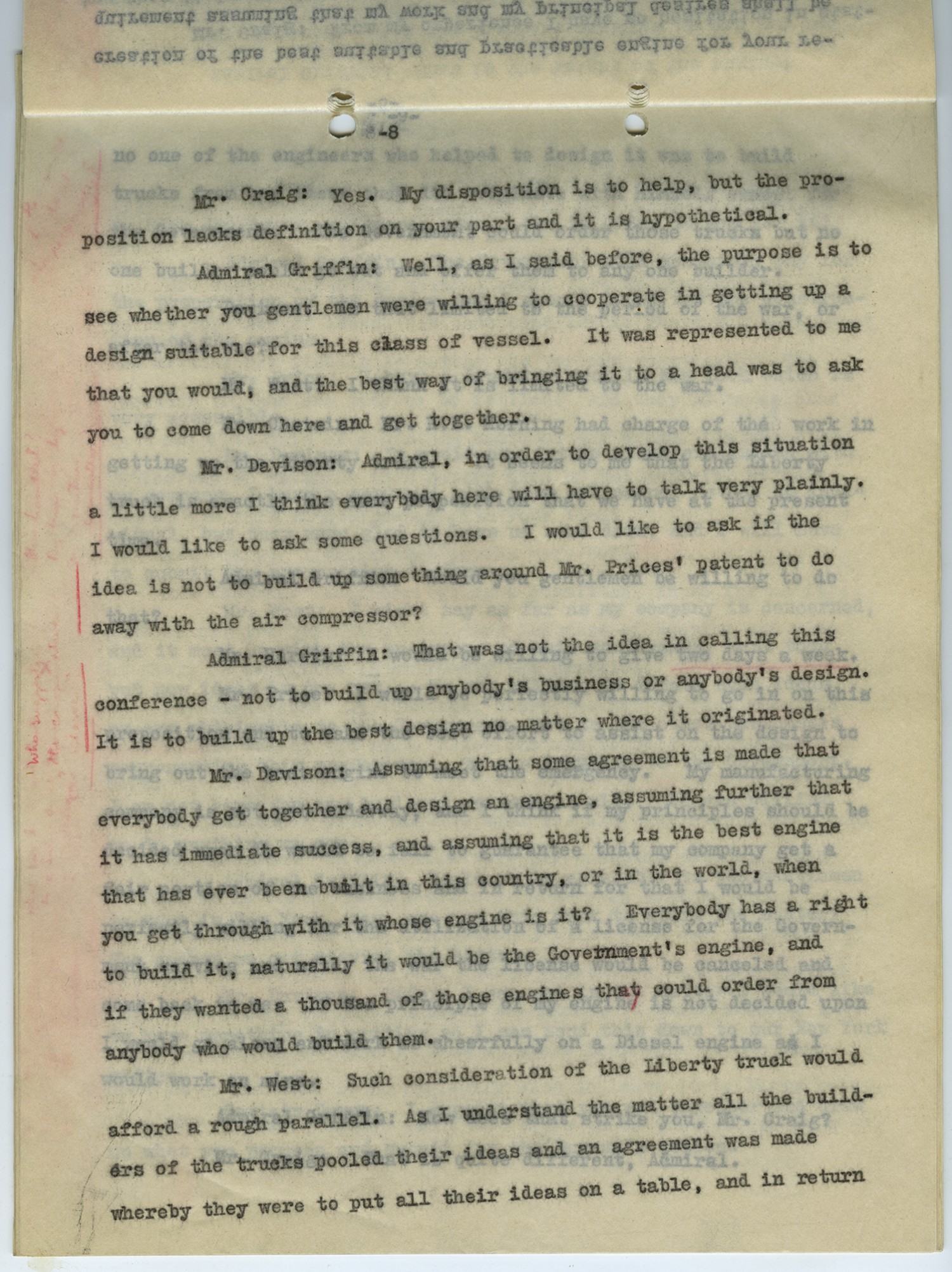
Transcript
[page 8] Mr. Craig: Yes. My disposition is to help, but the proposition lacks definition on your part and it is hypothetical. Admiral Griffin: Well, as I said before, the purpose is to see whether you gentlemen were willing to cooperate in getting up a design suitable for this class of vessel. It was represented to me that you would, and the best way of bringing it to a head was to ask you to come down here and get together. Mr. Davison: Admiral, in order to develop this situation a little more I think everybody here will have to talk very plainly. I would like to ask some questions. I would like to ask if the idea is not to build up something around Mr. Prices
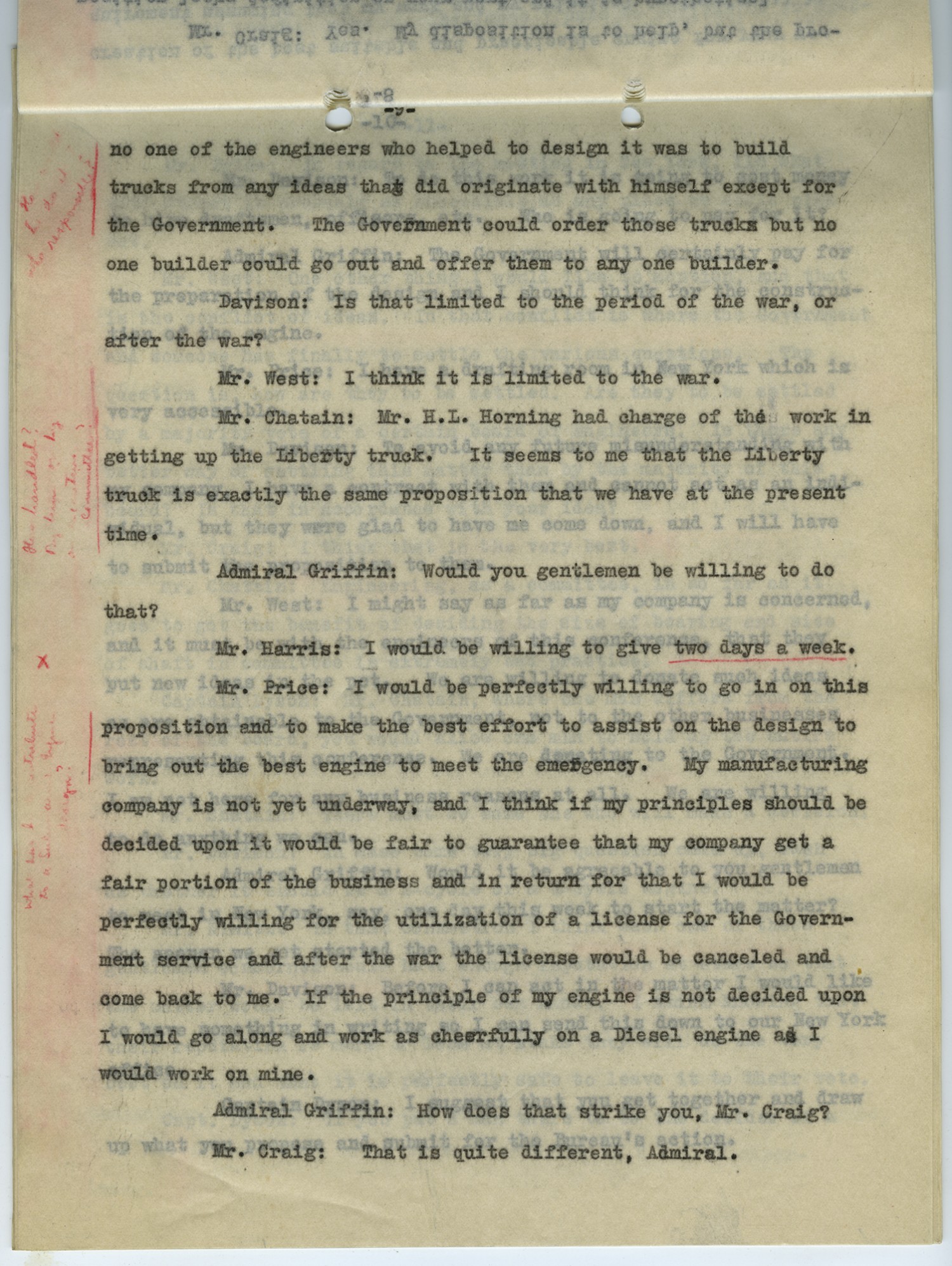
Transcript
[page 9] no one of the engineers who helped to design it was to build trucks from any ideas that did originate with himself except for the Government. The Government could order those trucks but no one builder could go out and offer them to any one builder. Davison: Is that limited to the period of the war, or after the war? Mr. West: I think it is limited to the war. Mr. Chatain: Mr. H.L. Horning has charge of the work in getting up the Liberty truck. It seems to me that the Liberty truck is exactly the same proposition that we have at the present time. Admiral Griffin: Would you gentlemen be willing to do that? Mr. Harris: I would be willing to give two days a week. Mr. Price: I would be perfectly willing to go in on this proposition and to make the best effort to assist on the design to bring out the best engine to meet the emergency. My manufacturing company is not yet underway, and I think if my principles should be decided upon it would be fair to guarantee that my company get a fair portion of the business and in return for that I would be perfectly willing for the utilization of a license for the Government service and after the war the license would be canceled and come back to me. If the principle of my engine is not decided upon I would go along and work as cheerfully on a Diesel engine as I would on mine. Admiral Griffin: How does that strike you, Mr. Craig? Mr. Craig.: That is quite different, Admiral.
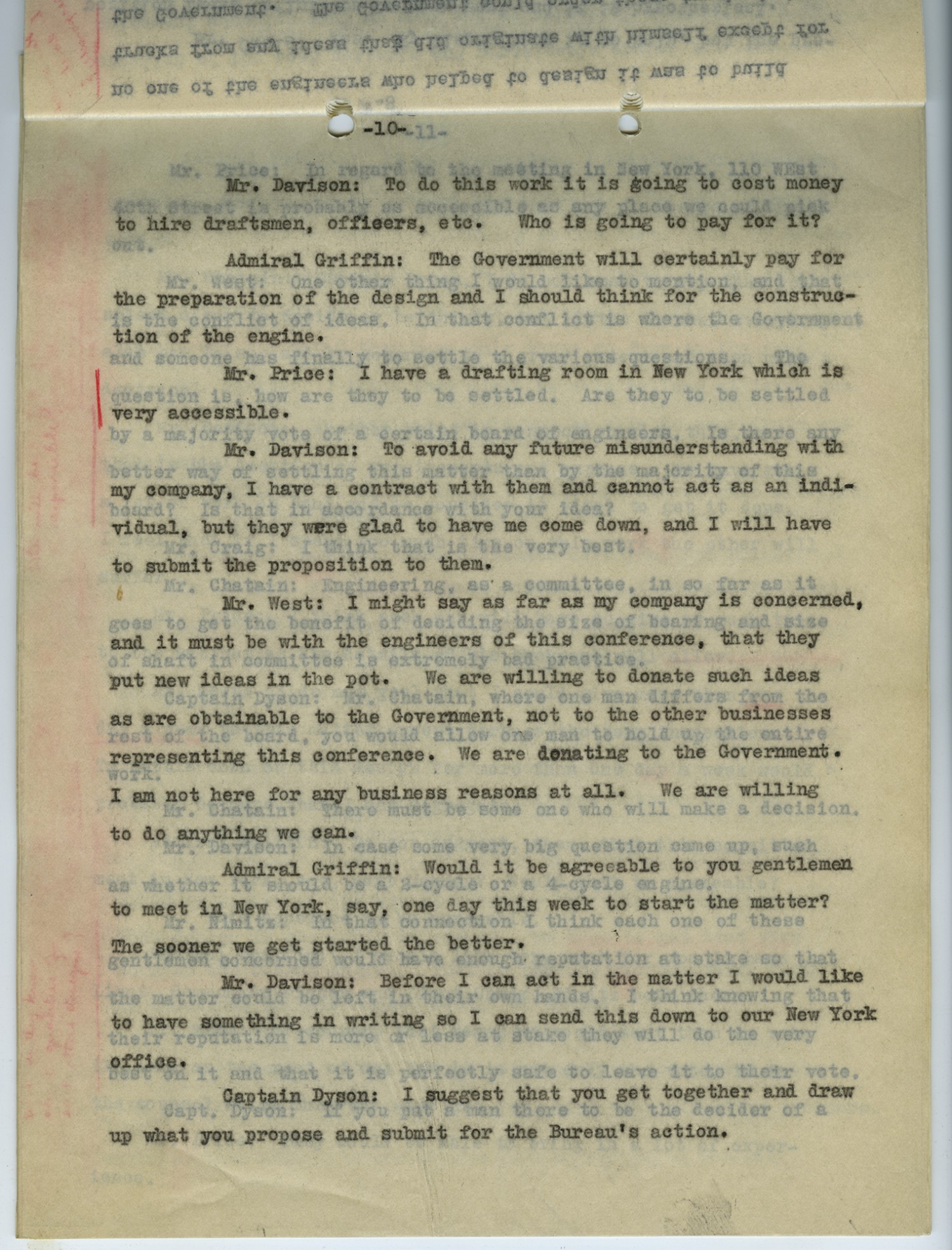
Transcript
[page 10] Mr. Davison: To do this work it is going to cost money to hire draftsmen, officers, etc. Who is going to pay for it? Admiral Griffin: The Government will certainly pay for the preparation of the design and I should think for the construction of the engine. Mr. Price: I have a drafting room in New York which is very accessible. Mr. Davison: To avoid any future misunderstanding with my company, I have a contract with them and cannot act as an individual, but they were glad to have me come down, and I will have to submit the proposition to them. Mr. West: I might say as far as my company is concerned, and it must be with the engineers of this conference, that they put new ideas in the pot. We are willing to donate such ideas as are obtainable to the Government, not to the other businesses representing this conference. We are donating to the Government. I am not here for any business reason at all. We are willing to do anything we can. Admiral Griffin: Would it be agreeable to you gentlemen to meet in New York, say, one day this week to start the matter? The sooner we get started the better. Mr. Davison: Before I can act in the matter I would like to have something in writing so I can send this down to our New York office. Captain Dyson: I suggest that you get together and raw up what you propose and submit for the Bureau
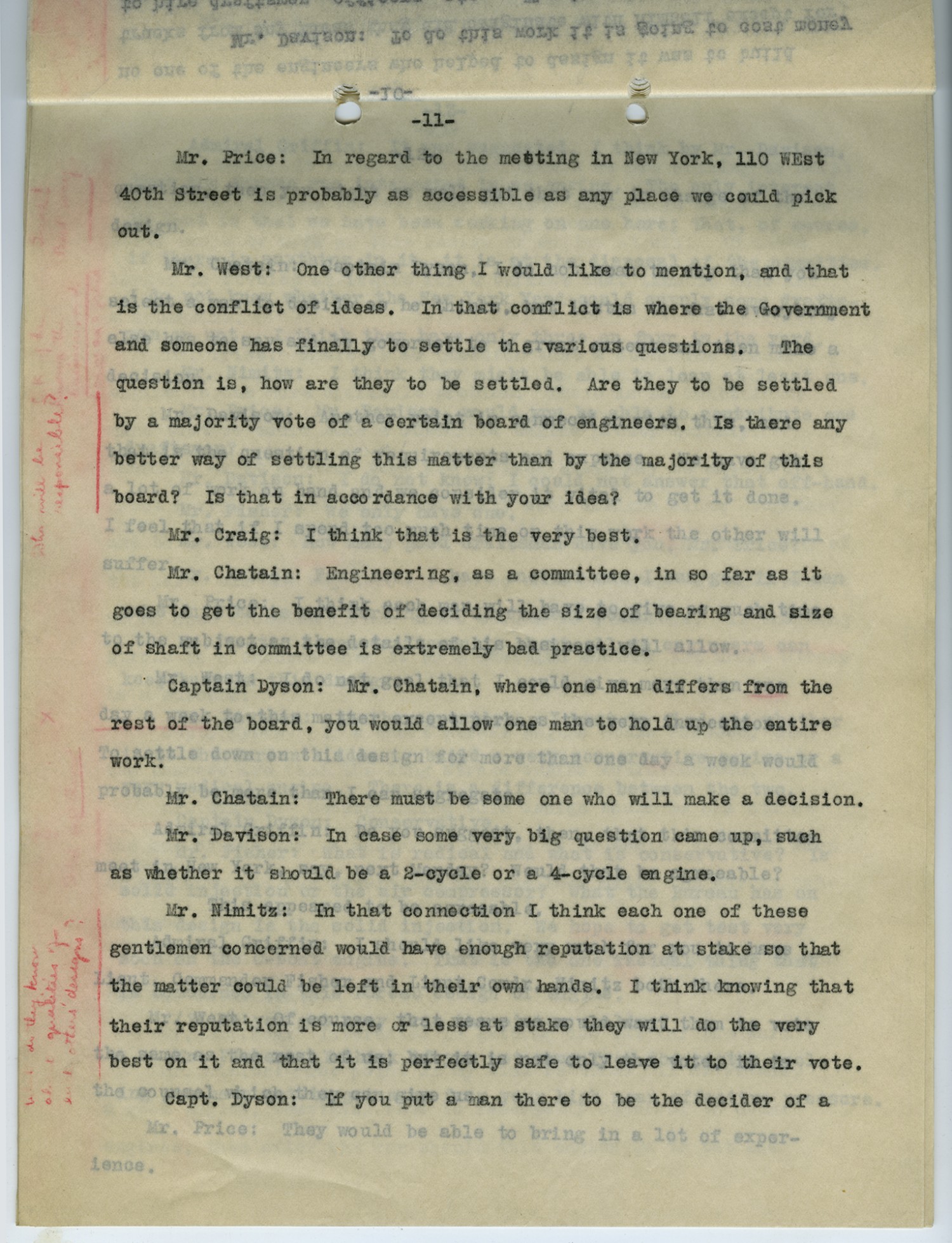
Transcript
[page 11] Mr. Price: In regard to the meeting in New York, 110 West 40th Street is probably as accessible as any place we could pick out. Mr. West: One other thing I would like to mention, and that is the conflict of ideas. In that conflict is where the Government and someone has finally to settle the various questions. The question is, how are they to be settled. Are they to be settled by a majority vote of a certain board of engineers. Is there any better way of settling this matter than by the majority of this board? Is that in accordance with your idea? Mr. Craig: I think that is the very best. Mr. Chatain: Engineering, as a committee, in so far as it goes to get the benefit of deciding the size of bearing and size of shaft in committee is extremely bad practice. Captain Dyson: Mr. Chatain, where one man differs from the rest of the board, you would allow one man to hold up the entire work. Mr. Chatain: There must be some one who will make a decision. Mr. Davison: In case some very big question came up, such as whether it should be a 2-cycle or 4-cycle engine. Mr. Nimitz: In that connection I think each one of these gentlemen concerned would have enough reputation at stake so that the matter could be left in their own hands. I think knowing that their reputation is more or less at stake they will do the very best on it and that it is perfectly safe to leave it to their vote. Capt. Dyson: If you put a man there to be a decider of a
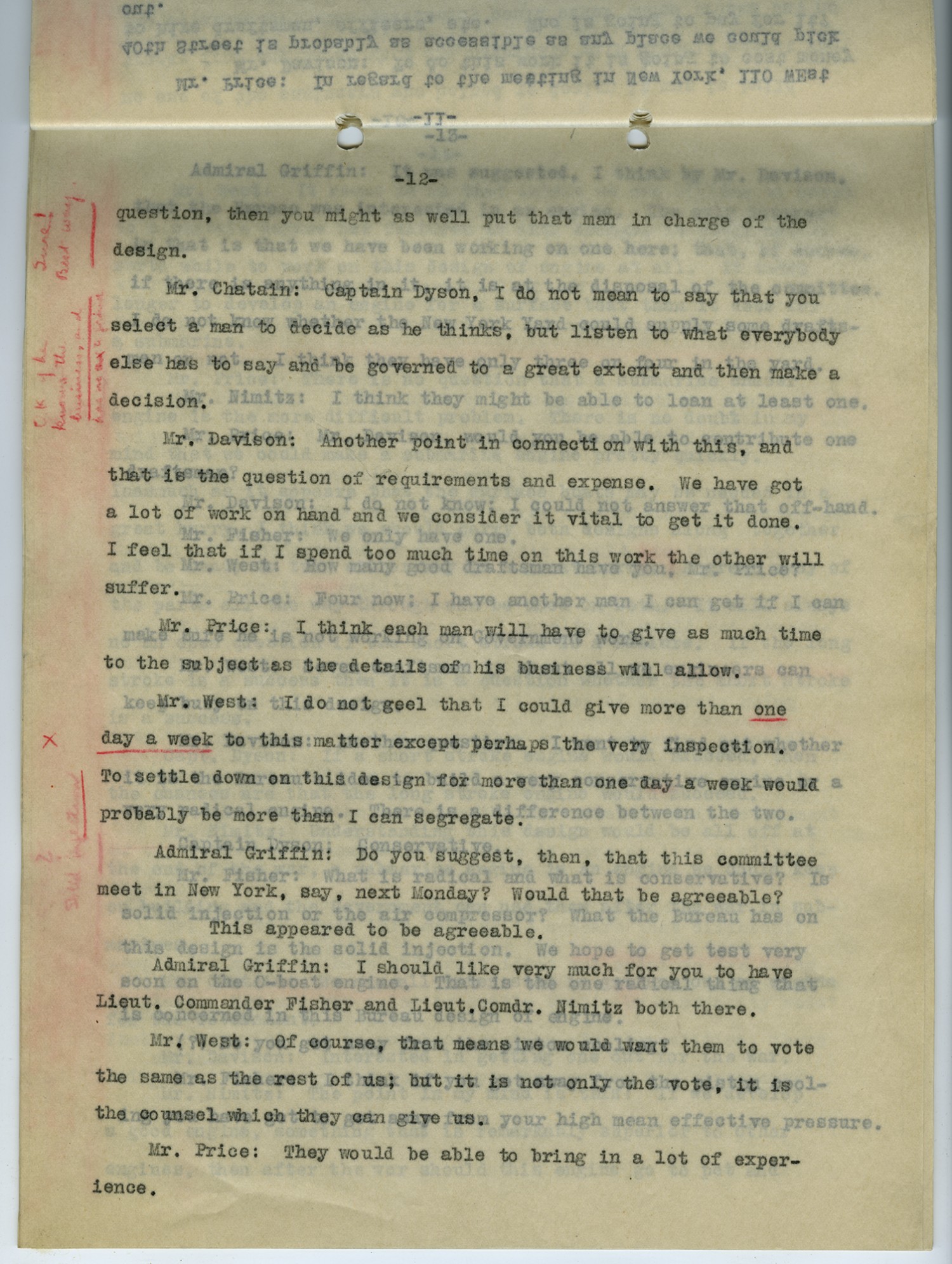
Transcript
[page 12] question, then you might as well put that man in charge of the design Mr. Chatain: Captain Dyson, I do not mean to say that you select a man to decide as he think, but listen to what everybody else has to say and be governed to a great extent and then make a decision. Mr. Davison: Another point in connection with this, and that is the question of requirements and expense. We have got a lot of work on hand and we consider it vital to get it done. I feel that if I spend too much time on this work the other will suffer. Mr. Price: I think each man will have to give as much time to the subject as the details of his business will allow. Mr. West: I do not geel that I could give more than one day a week to this matter except perhaps the very inspection. To settle down on this design for more than one day a week would probably be more than I can segregate. Admiral Griffin: Do you suggest, then, that this committee meet in New York, say, next Monday? Would that be agreeable? This appeared to be agreeable. Admiral Griffin: I should like very much for you to have Lieut. Commander Fisher and Lieut. Comd. Nimitz both there. Mr. West: Of course, that means we would want them to vote the same as the rest of us; but it is not only the vote, it is the counsel which they can give us. Mr. Price: They would be able to bring in a lot of experience.
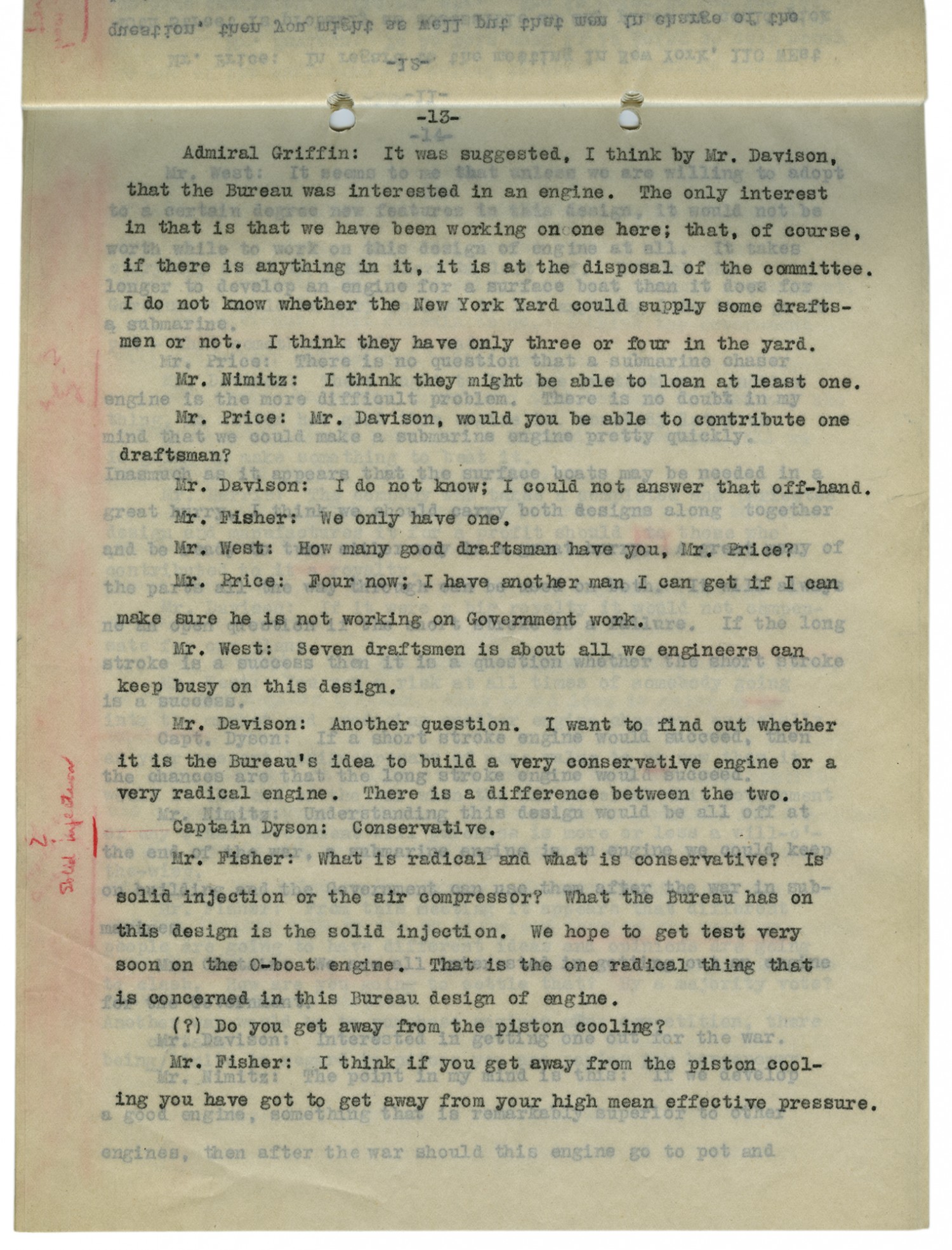
Transcript
[page 13] Admiral Griffin: It was suggested, I think by Mr. Davison, that the Bureau was interested in an engine. The only interest in that is that we have been working on one here; that, of course, if there is anything in it, it is at the disposal of the committee. I do not know whether the New York Yard could supply some draftsmen or not. I think they have only three or four in the yard. Mr. Nimitz: I think they might be able to loan at least one. Mr. Price: Mr. Davison, would you be able to contribute one draftsmen? Mr. Davison: I do now know; I could not answer that off-hand. Mr. Fisher: We only have one. Mr. West: How many good draftsmen have you, Mr. Price? Mr. Price: Four now; I have another man I can get if I can make sure he is not working on Government work. Mr. West: Seven draftsmen is about all we engineers can keep busy on this design. Mr. Davison: Another question. I want to find out whether it is the Bureau
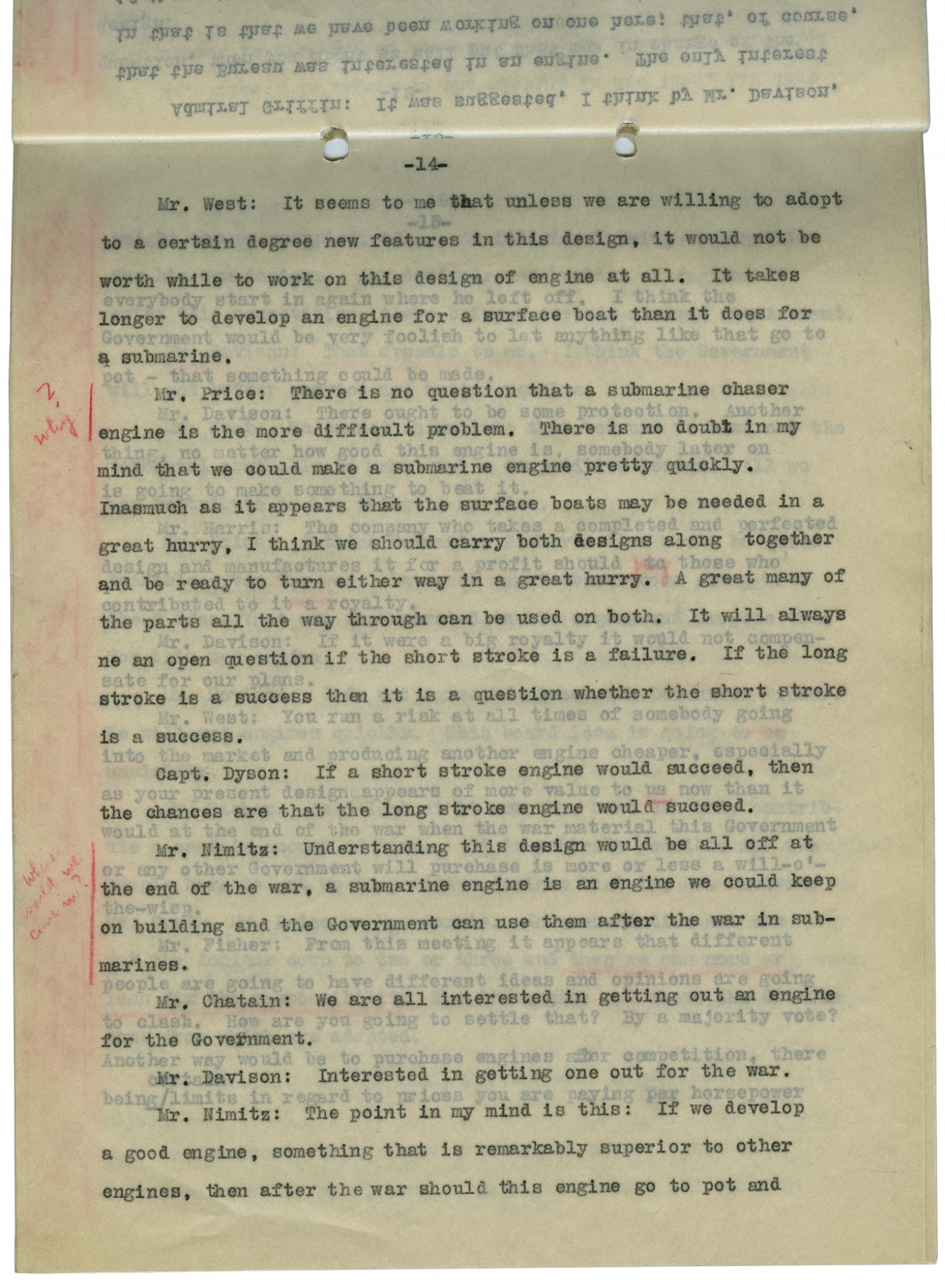
Transcript
[page 14] Mr. West: It seems to me that unless we are willing to adopt to a certain degree new features in this design, it would not be worth while to work on this design of engine at all. It takes longer to develop an engine for a surface boat than it does for a submarine. Mr. Price: There is no question that a submarine chaser engine is the more difficult problem. There is no doubt in my mind that we could make a submarine engine pretty quickly. Inasmuch as it appears that the surface boats may be needed in a great hurry, I think we should carry both designs along together and be ready to turn either way in a great hurry. A great many of the parts all the way through can be used on both. It will always ne an open question if the short stroke is a failure. If the long stroke is a success then it is a question whether the short stroke is a success. Capt. Dyson: If a short stroke engine would succeed, then the chances are that the long stroke engine would succeed. Mr. Nimitz: Understanding this design would be all off at the end of the war, a submarine engine is an engine we could keep on building and the Government can use them after the war in submarines. Mr. Chatain: We are all interested in getting out an engine for the Government. Mr. Davison: Interested in getting one out for the war. Mr. Nimitz: The point in my mind is this: If we develop a good engine, something that is remarkably superior to other engines, then after the war should this engine go to pot and
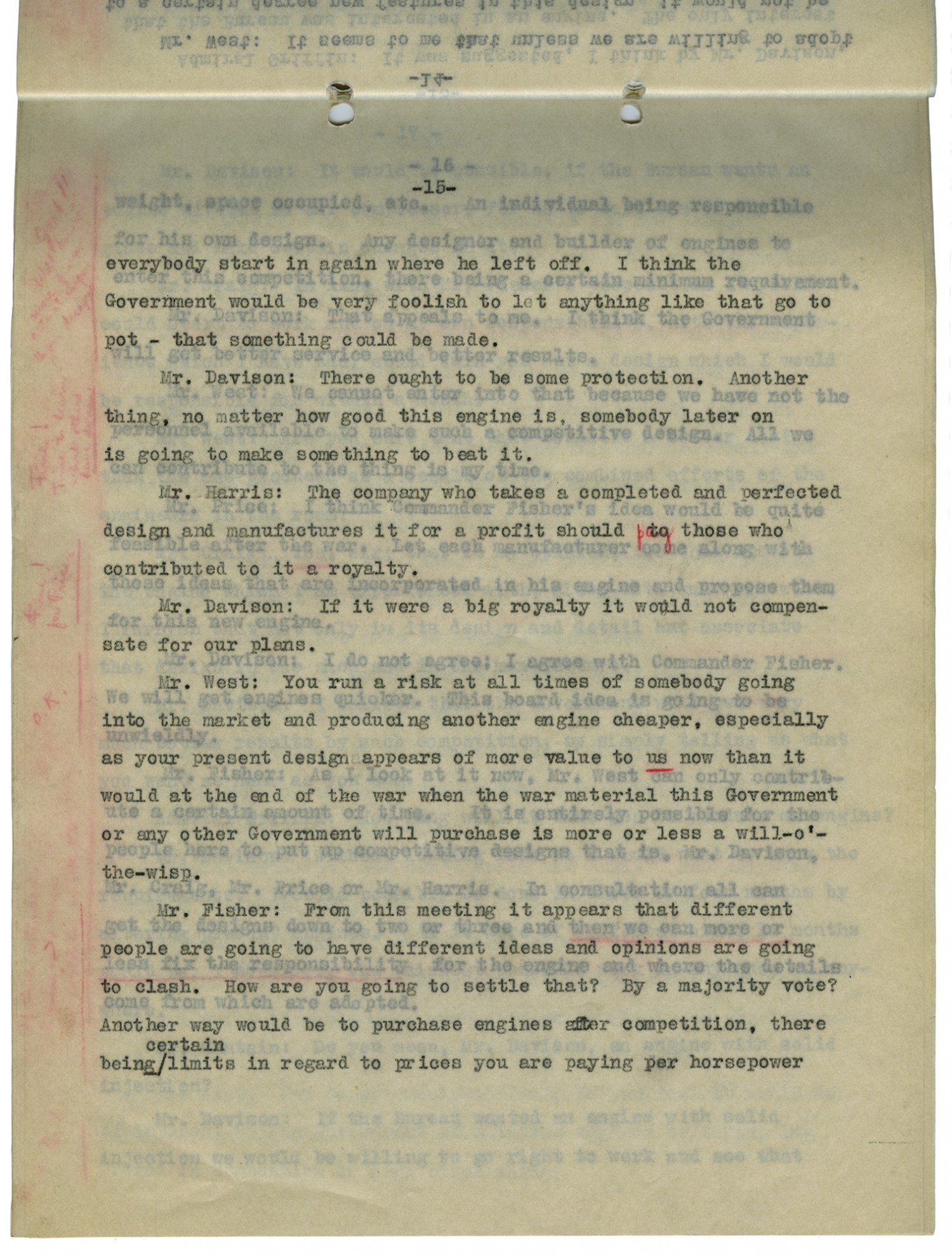
Transcript
[page 15] everybody start in again where he left off. I think the Government would be very foolish to let anything like that go to pot
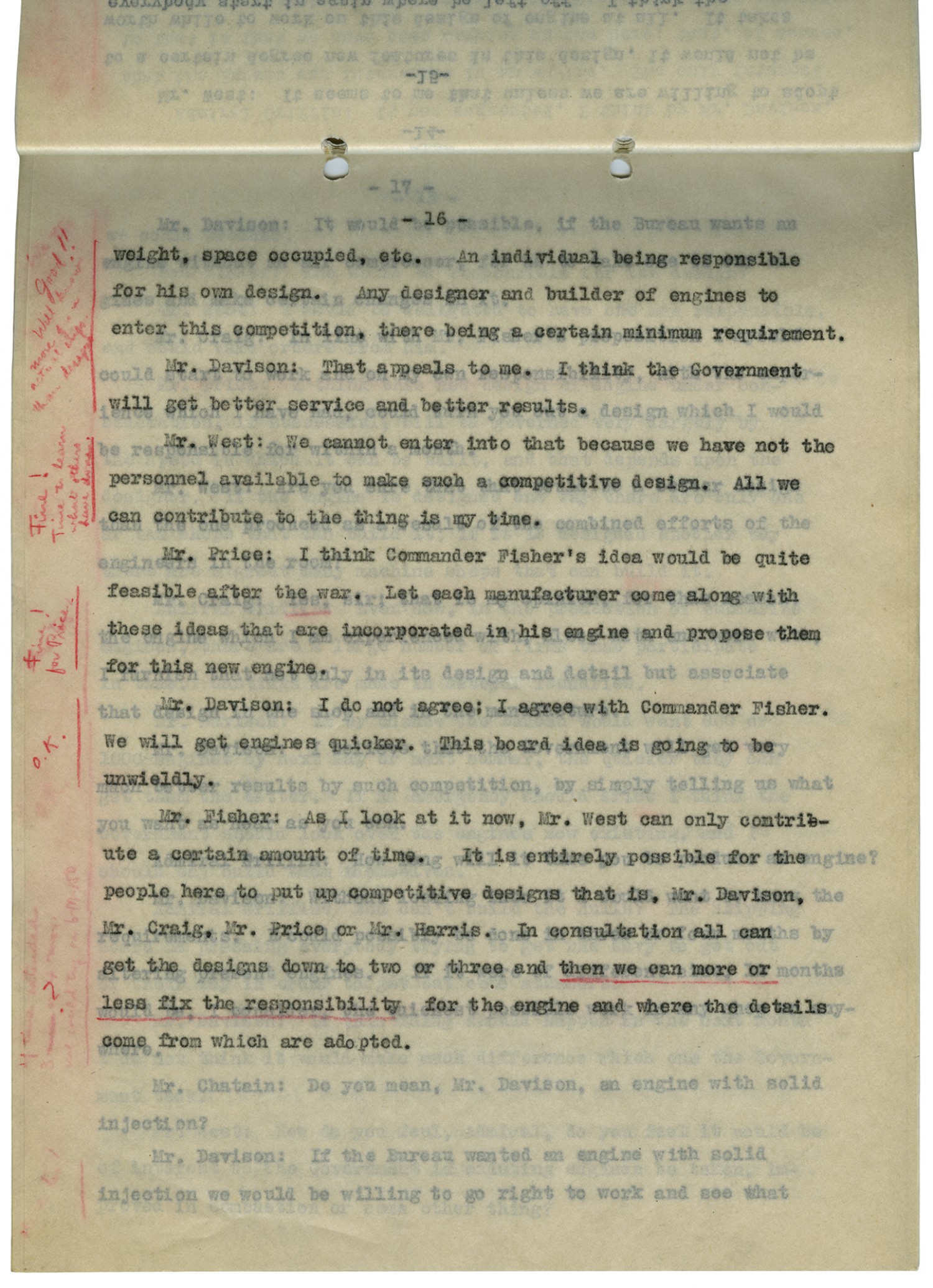
Transcript
[page 16] weight, space occupied, etc. An individual being responsible for his own design. Any designer and builder of engines to enter this competition, there being a certain minimum requirement. Mr. Davison: That appeals to me. I think the Government will get better service and better results. Mr. West: We cannot enter into that because we have not the personnel available to make such a competitive design. All we can contribute to the thing is my time. Mr. Price: I think Commander Fisher
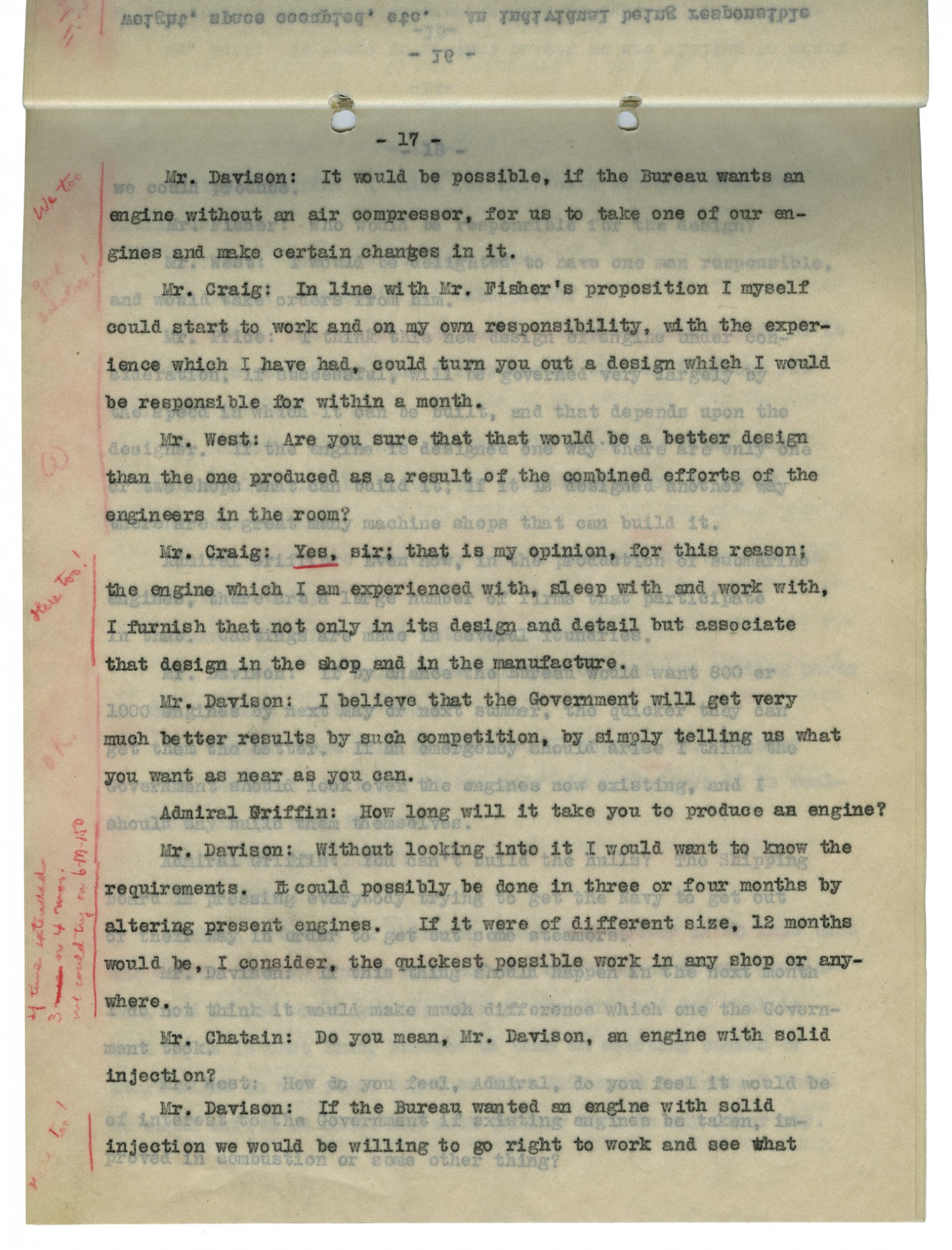
Transcript
[page 17] Mr. Davison: It would be possible, if the Bureau wants an engine without an air compressor, for us to take one of our engines and make certain changes in it. Mr. Craig: In line with Mr. Fisher
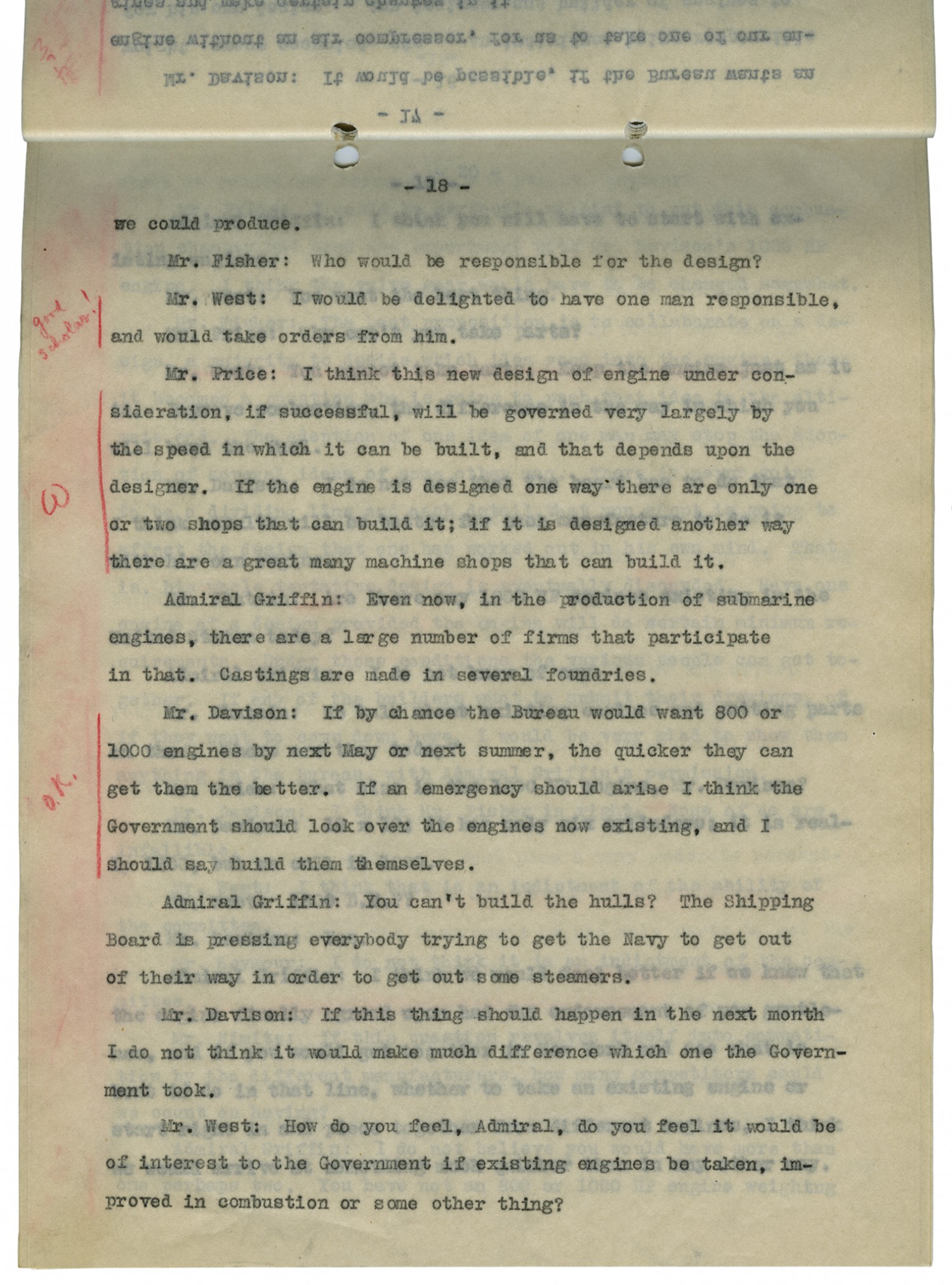
Transcript
[page 18] we could produce. Mr. Fisher: Who would be responsible for the design? Mr. West: I would be delighted to have one man responsible, and would take orders from him. Mr. Price: I think this new design of engine under consideration, if successful, will be governed very largely by the speed in which it can be built, and that depends upon the designer. If the engine is designed one way there are only one or two shops that can build it; if it is designed another way there are a great many machine shops that can build it. Admiral Griffin: Even now, in the production of submarine engines, there are a large number of firms that participate in that. Castings are made in several foundries. Mr. Davison: If by chance the Bureau would want 800 or 1000 engines by next May or next summer, the quicker they can get them the better. If an emergency should arise I think the Government should look over the engines now existing, and I should say build them themselves. Admiral Griffin: You can
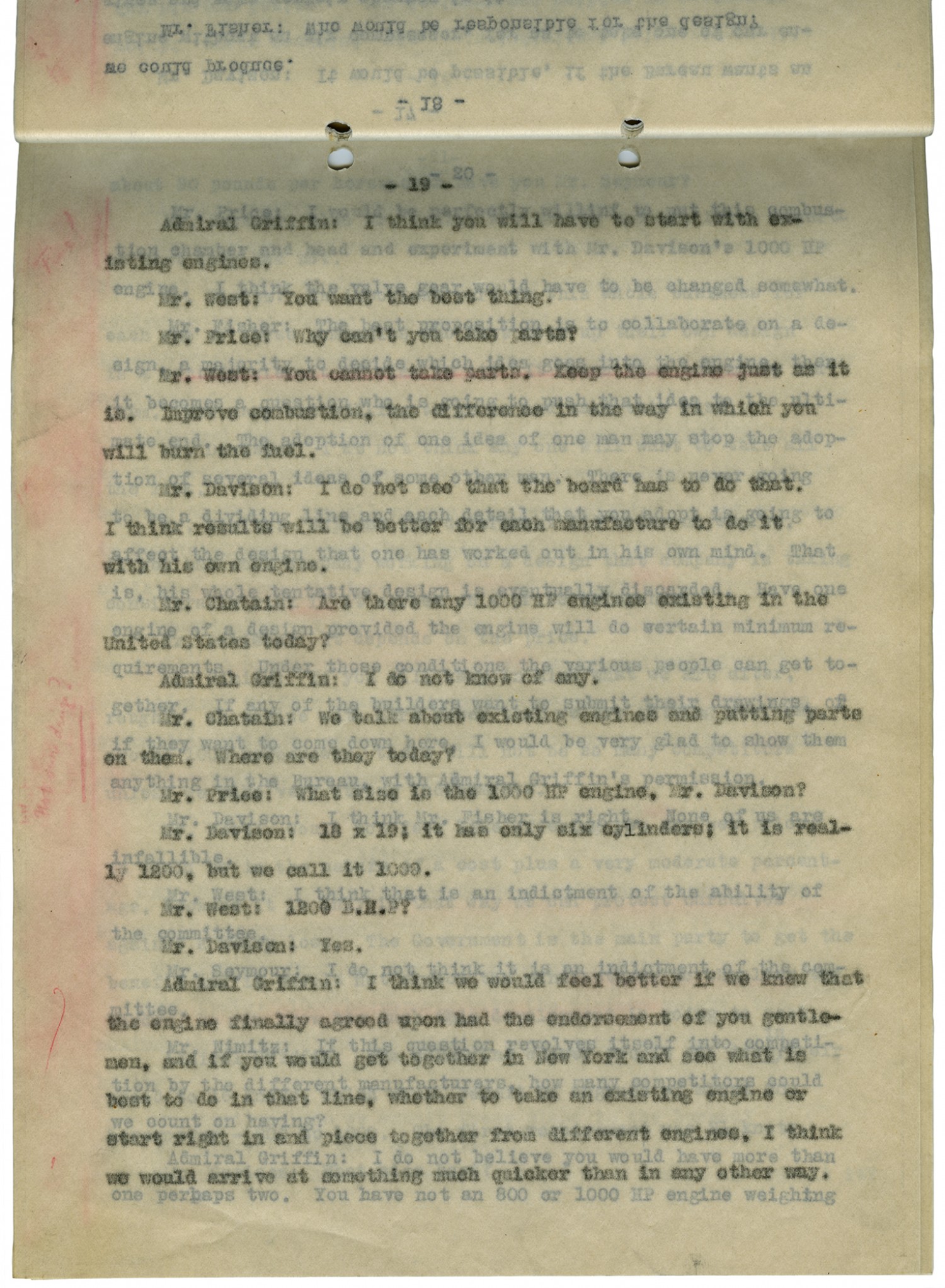
Transcript
[page 19] Admiral Griffin: I think you will have to start with existing engines. Mr. West: You want the best thing. Mr. Price: Why can
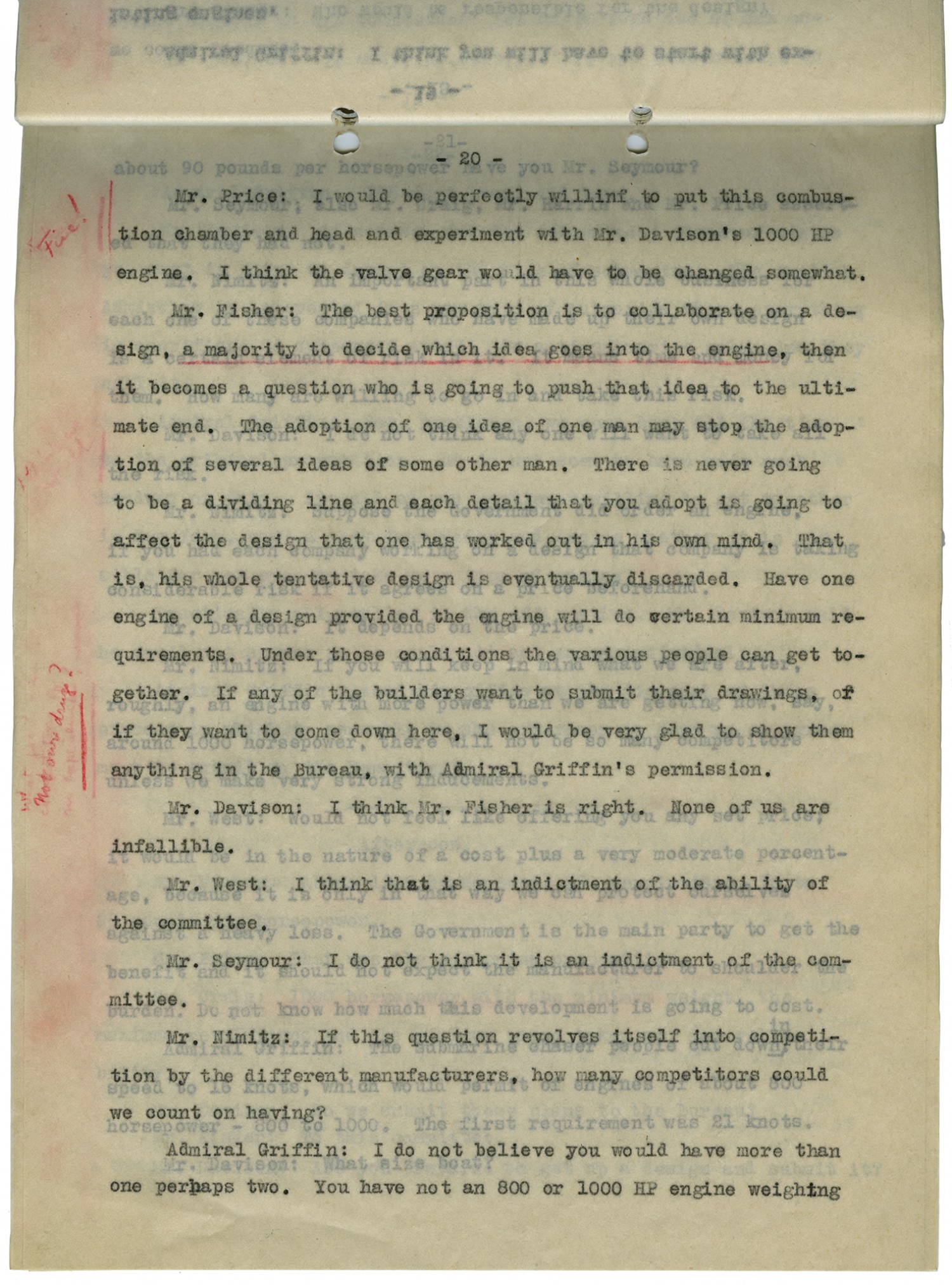
Transcript
[page 20] Mr. Price: I would be perfectly willinf to put this combustion chamber and head and experiment with Mr. Davison
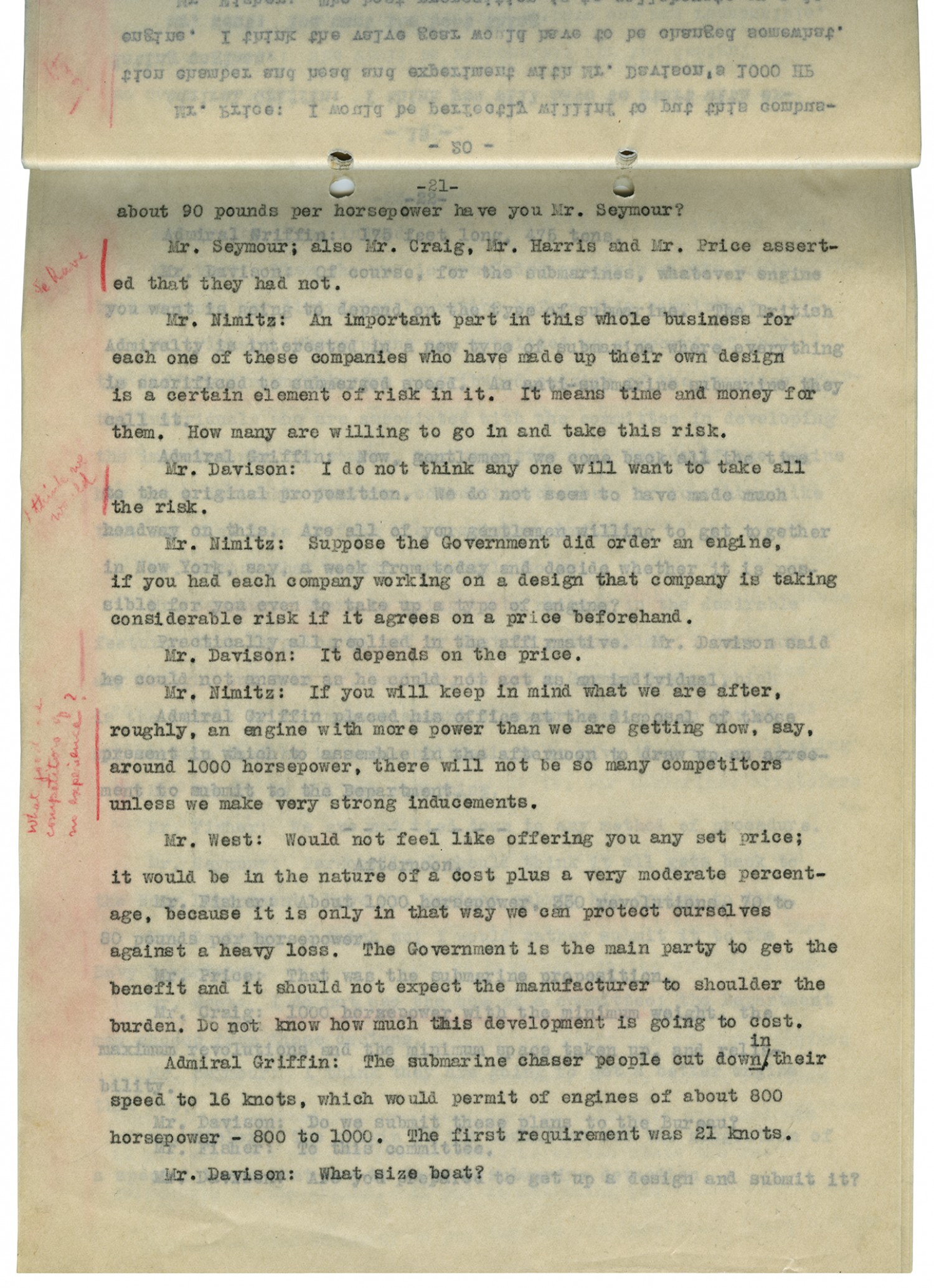
Transcript
[page 21] about 90 pounds per horsepower have you Mr. Seymour? Mr. Seymour: also Mr. Craig, Mr. Harris and Mr. Price asserted that they had not. Mr. Nimitz: An important part in this whole business for each one of these companies who have made up their own design is a certain element of risk in it. It means time and money for them. How many are willing to go in and take this risk. Mr. Davison: I do not think any one will want to take all the risk. Mr. Nimitz: Suppose the Government did order an engine, if you had each company working on a design that company is taking considerable risk if it agrees on a price beforehand. Mr. Davison: It depends on the price. Mr. Nimitz: If you will keep in mind what we are after roughly, an engine with more power than we are getting now, say, around 1000 horsepower, there will not be so many competitors unless we make very strong inducements. Mr. West: Would not feel like offering you any set price; it would be in the nature of a cost plus a very moderate percentage, because it is only in that way we can protect ourselves against a heavy loss. The Government is the main party to get the benefit and it should not expect the manufacturer to should the burden. Do not know how much this development is going to cost. Admiral Griffin: The submarine chaser people cut down in their speed to 16 knots, which would permit of engines of about 800 horsepower
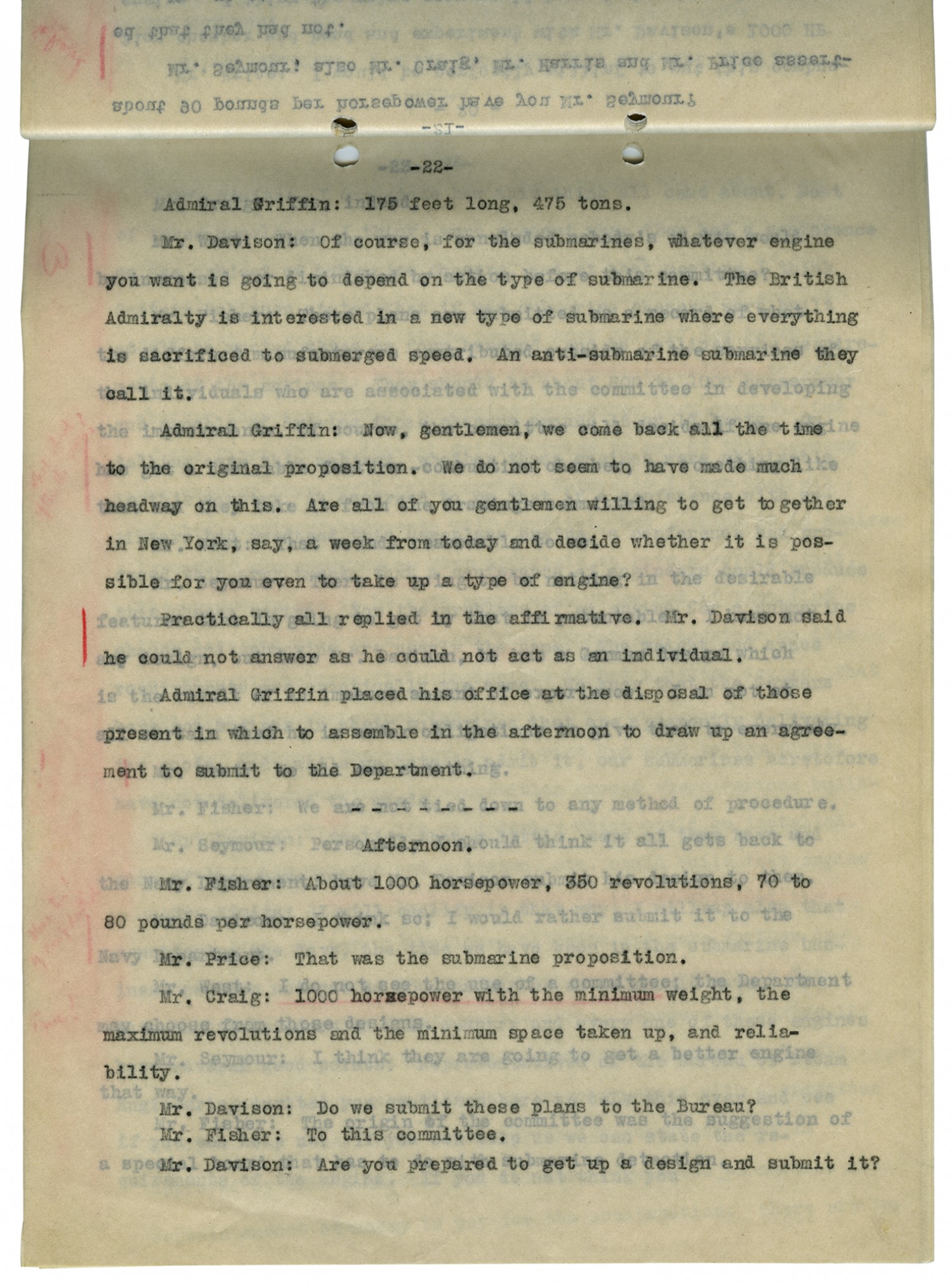
Transcript
[page 22] Admiral Griffin: 175 feet long, 475 tons. Mr. Davison: Of course, for the submarines, whatever engine you want is going to depend on the type of submarine. The British Admiralty is interested in a new type of submarine where everything is sacrificed to submerged speed. And anti-submarine submarine they call it. Admiral Griffin: Now, gentlemen, we come back all the time to the original proposition. We do not seem to have made much heady on this. Are all of you gentlemen willing to get together in New York, say, a week from today and decide whether it is possible for you even to take up a type of engine? Practically all replied in the affirmative. Mr. Davison said he could not answer as he could not act as an individual. Admiral Griffin placed his office at the disposal of those present in which to assemble in the afternoon to draw up an agreement to submit to the Department. Afternoon. Mr. Fisher: About 1000 horsepower, 350 revolutions, 70 to 80 pounds per horsepower. Mr. Price: That was the submarine proposition. Mr. Craig: 1000 horsepower with the minimum weight, the maximum revolutions and the minimum space taken up, and reliability. Mr. Davison: Do we submit these plans to the Bureau? Mr. Fisher: To this committee. Mr. Davison: Are you prepared to get up a design and submit it?
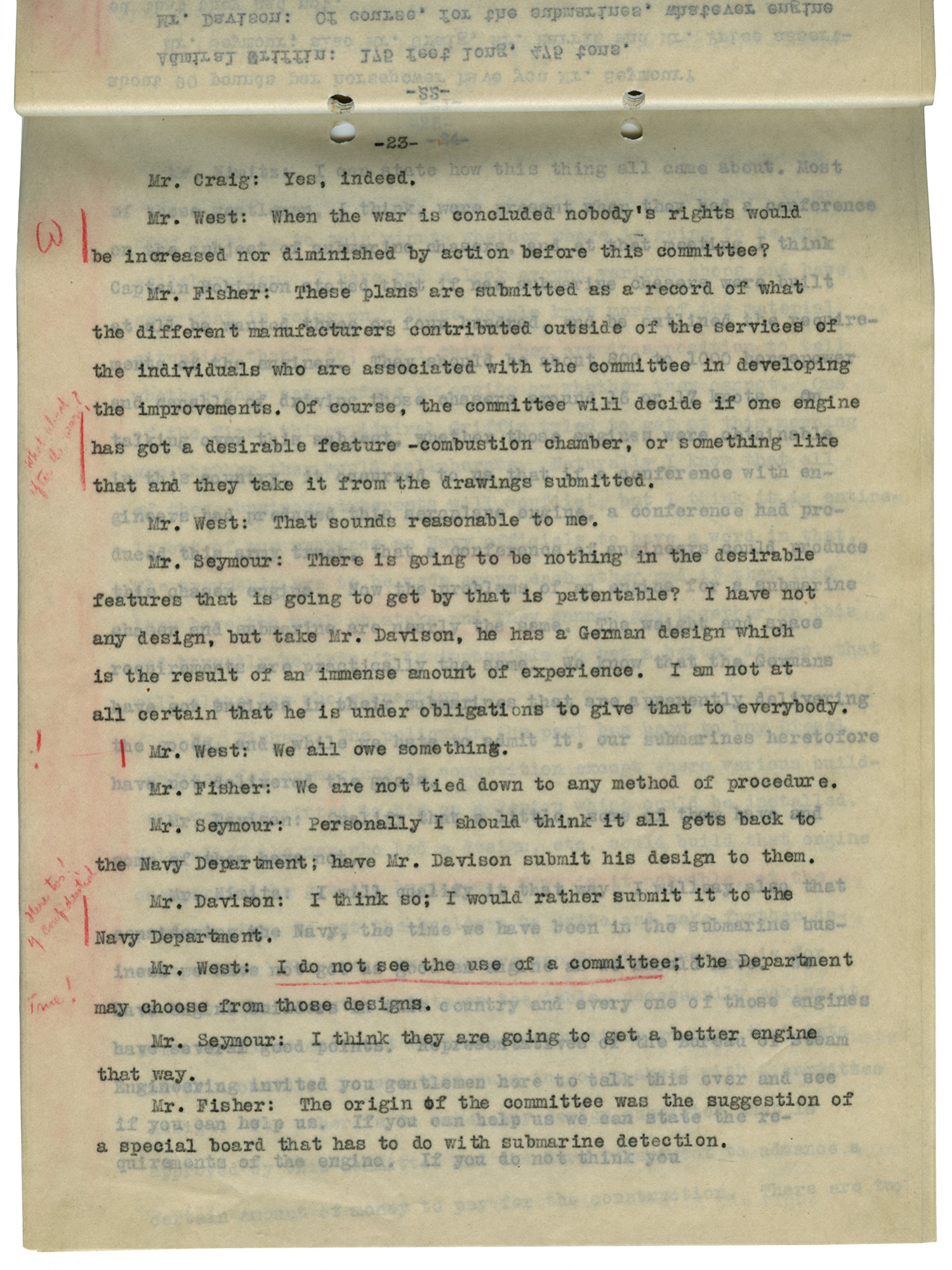
Transcript
[page 23] Mr. Craig: Yes, indeed. Mr. West: When the war is concluded nobody
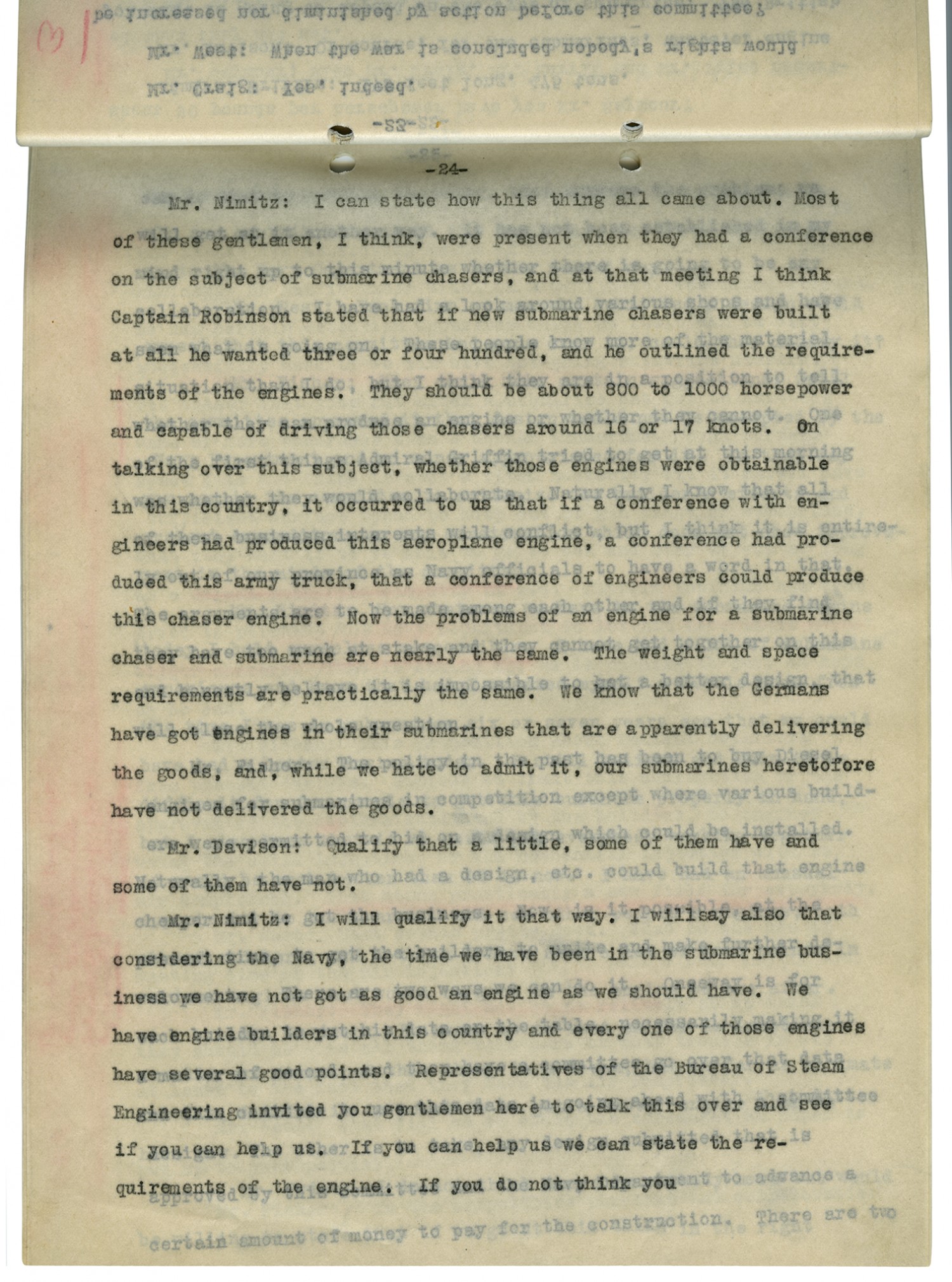
Transcript
[page 24] Mr. Nimitz: I can state how this thing all came about. Most of these gentlemen, I think, were present when they had a conference on the subject of submarine chasers, and at that meeting I think Captain Robinson stated that if new submarine chasers were built at all he wanted three or four hundred, and he outlined the requirements of the engines. They should be about 800 or 1000 horsepower and capable of driving those chasers around 16 or 17 knots. On talking over this subject, whether those engines were obtainable in this country, it occurred to us that if a conference with engineers had produced this aeroplane engine, a conference had produced this army truck, that a conference of engineers could produce this chaser engine. Now the problems of an engine for a submarine chaser and a submarine are nearly the same. The weight and space requirements are practically the same. We know that the Germans have got engines in their submarines that are apparently delivering the goods, and, while we hate to admit it, our submarines heretofore have not delivered the goods. Mr. Davison: Qualify that a little, some of them have and some of them have not. Mr. Nimitz: I will qualify it that way. I willsay also that considering the Navy, the time we have been in the submarine business we have not got as good an engine as we should have. We have engine builders in this county and every one of those engines have several good points. Representatives of the Bureau of Steam Engineering invited you gentlemen here to talk this over and see if you can help us. If you can help us we can state the requirements of the engine. If you do not think you
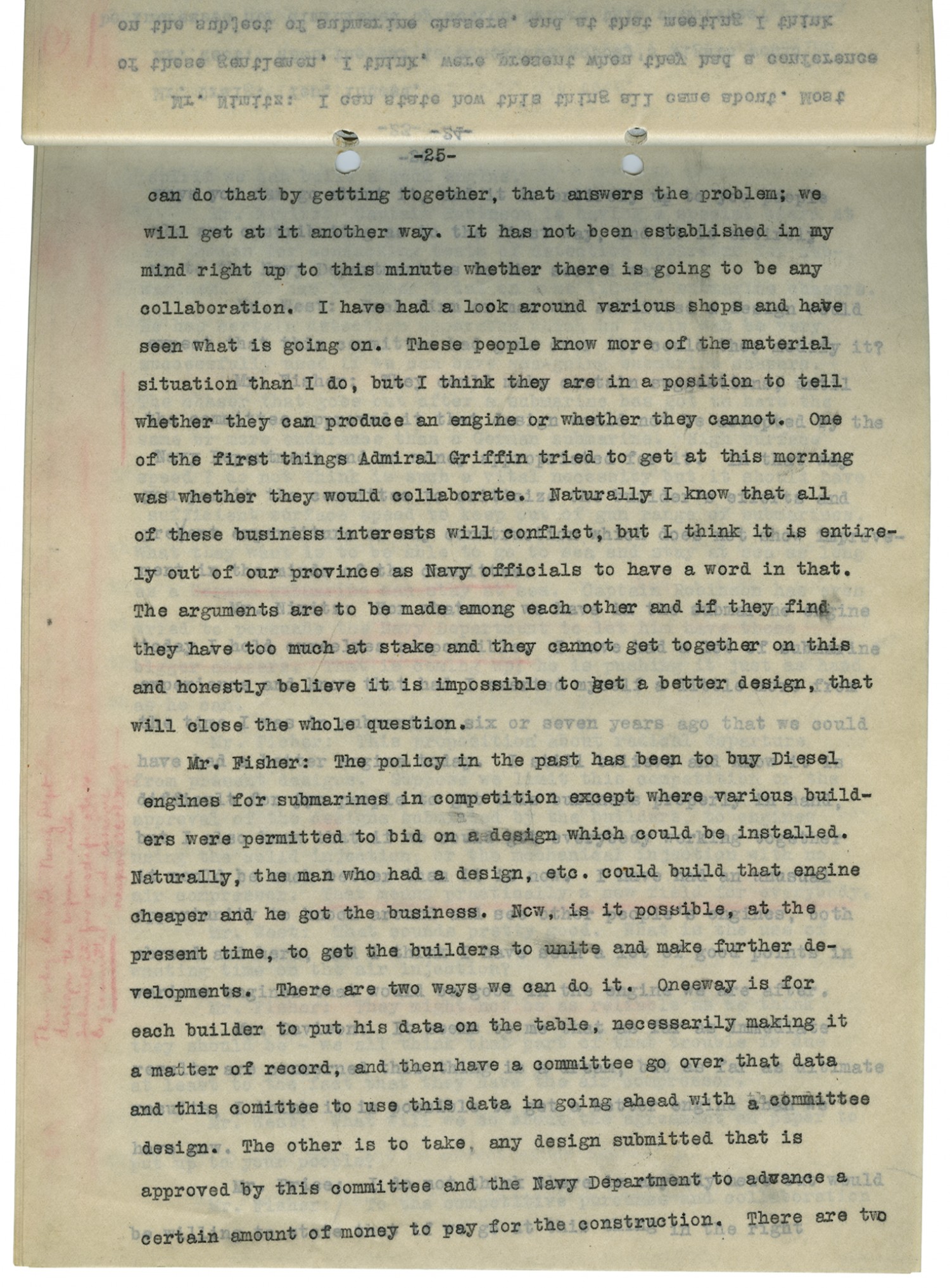
Transcript
[page 25] can do that by getting together, that answers the problem; we will get at it another way. It has not been established in my mind right up to this minute whether there is going to be any collaboration. I have had a look around various shops and have seen what is going on. These people know more of the material situation than I do, but I think they are in a position to tell whether they can produce an engine or whether they cannot. One of the first things Admiral Griffin tried to get at this morning was whether they would collaborate. Naturally I know that all of these business interests will conflict, but I think it is entirely out of our province as Navy officials to have a word in that. The arguments are to be made among each other and if they find they have too much at stake and they cannot get together on this and honestly believe it is impossible to get a better design, that will close the whole question. Mr. Fisher: The policy in the past has been to buy Diesel engines for submarines in competition expect where various builders were permitted to bid on a design which could be installed. Naturally, the man who had a design, etc. could build that engine cheaper and he got the business. Now, is it possible, at the present time, to get the builders to unite and make further developments. There are two ways we can do it. Oneeway is for each builder to put his data on the table, necessarily making it a matter of record, and then have a committee go over that data and this committee to use this data in going ahead with a committee design. The other is to take any design submitted that is approved by this committee and the Navy Department to advance a certain amount of money to pay for the construction. There are two
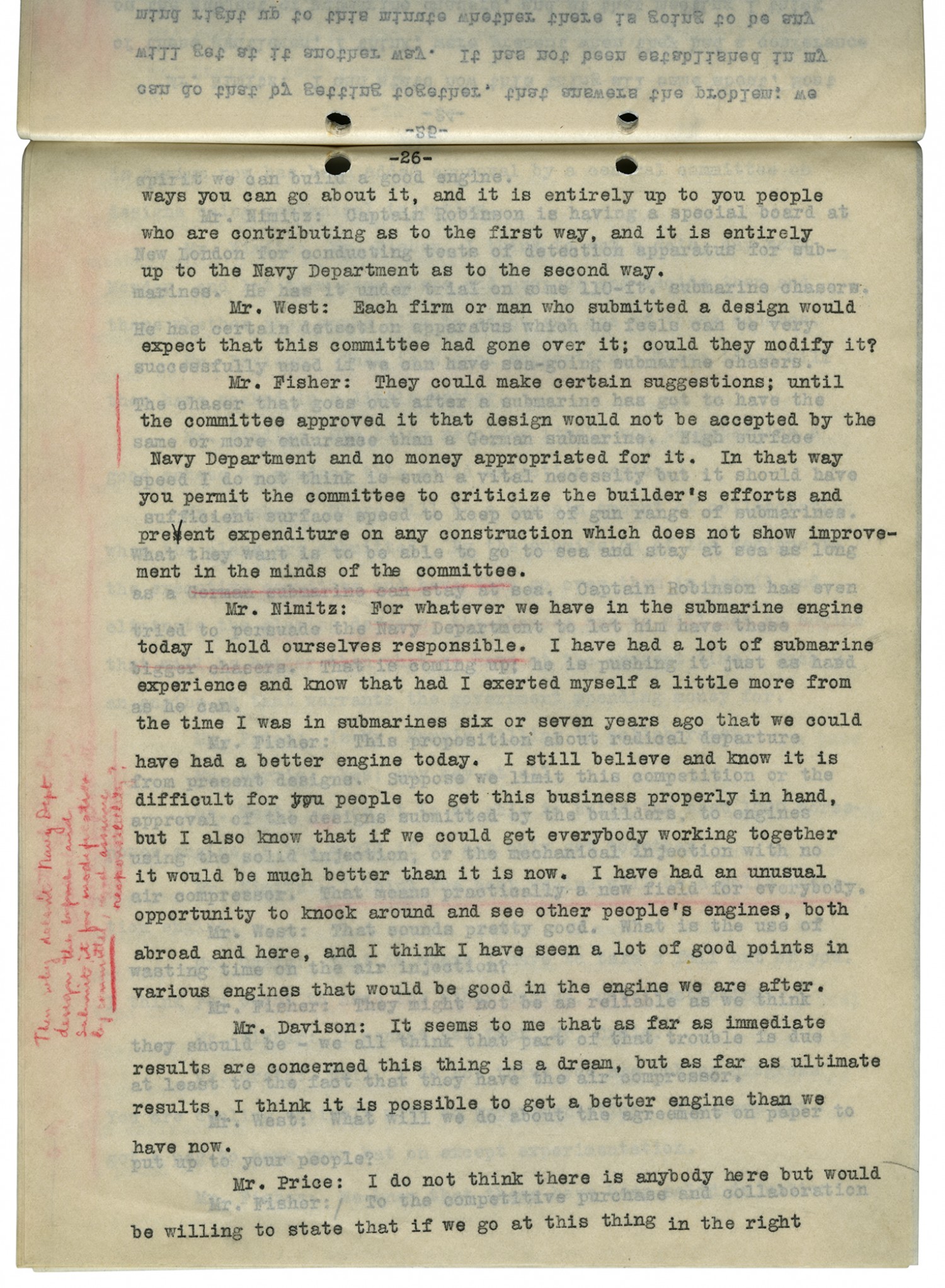
Transcript
[page 26] ways you can go about it, and it is entirely up to you people who are contributing as to the first way, and it is entirely up to the Navy Department as to the second way. Mr. West: Each firm or man who submitted a design would expect that this committee had gone over it; could they modify it? Mr. Fisher: They could make a certain suggestions; until the committee approved it that design would not be accepted by the Navy Department and no money appropriated for it. In that way you permit the committee to criticize the builder
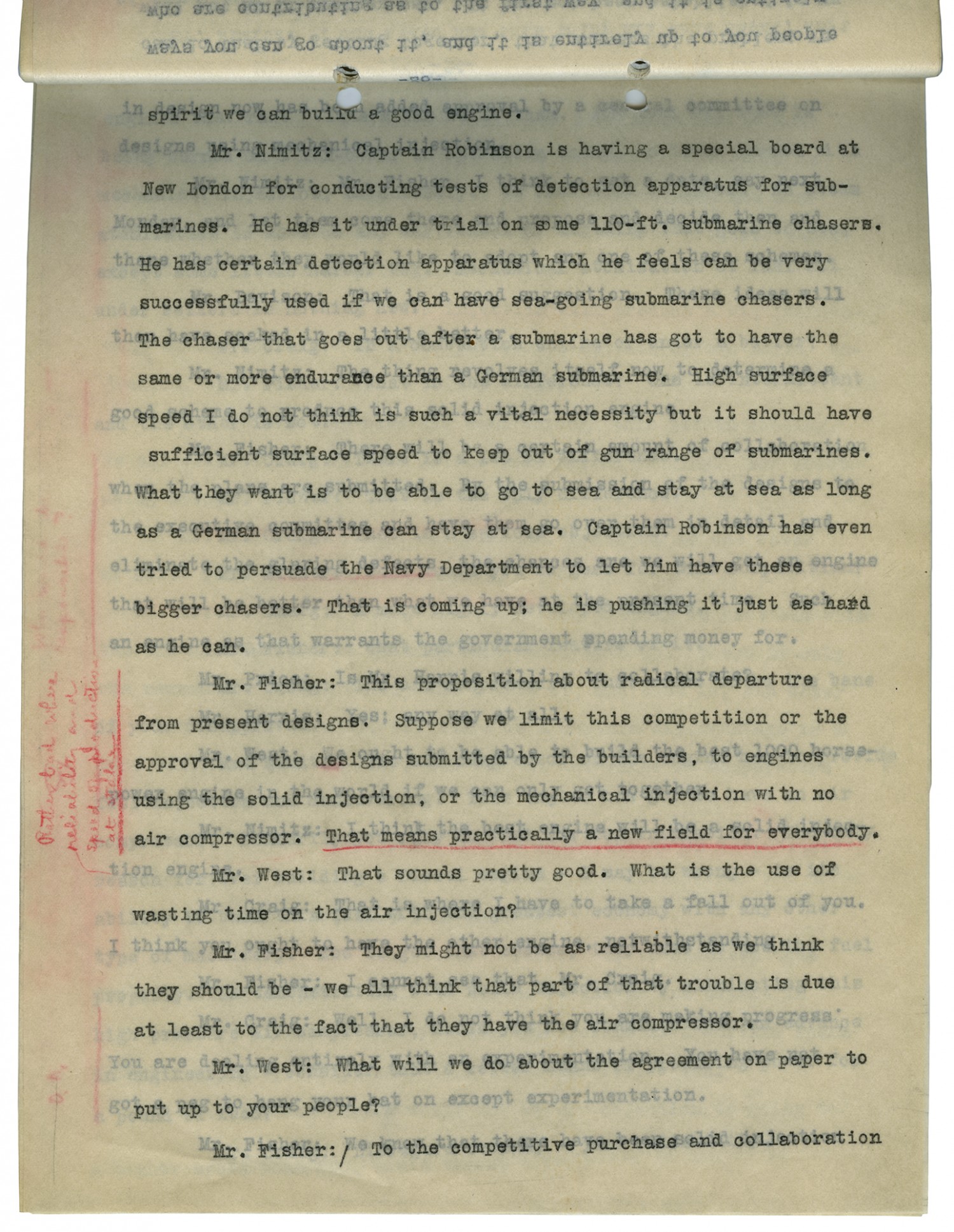
Transcript
spirit we can build a good engine. Mr. Nimitz: Captain Robinson is having a special board at New London for conducting tests of detection apparatus for submarines. He has it under trial on some 110-ft. submarine chasers. He has certain detection apparatus which he feels can be very successfully used if we can have sea-going submarine chasers. The chaser that goes out after a submarine has got to have the same or more endurance than a German submarine. High surface speed I do not think is such a vital necessity but it should have sufficient surface speed to keep out of gun range of submarines. What they want is to be able to go to sea and stay at sea as long as a German submarine can stay at sea. Captain Robinson has even tried to persuade the Navy Department to let him have these bigger chasers. That is coming up; he is pushing it just as hard as he can. Mr. Fisher: This proposition about radical departure from present designs. Suppose we limit this competition or the approval of the designs submitted by the builders, to engines using the solid injection, or the mechanical injection with no air compressor. That means practically a new field for everybody. Mr. West: That sounds pretty good. What is the use of wasting time on the air injection? Mr. Fisher: They might not be as reliable as we think they should be
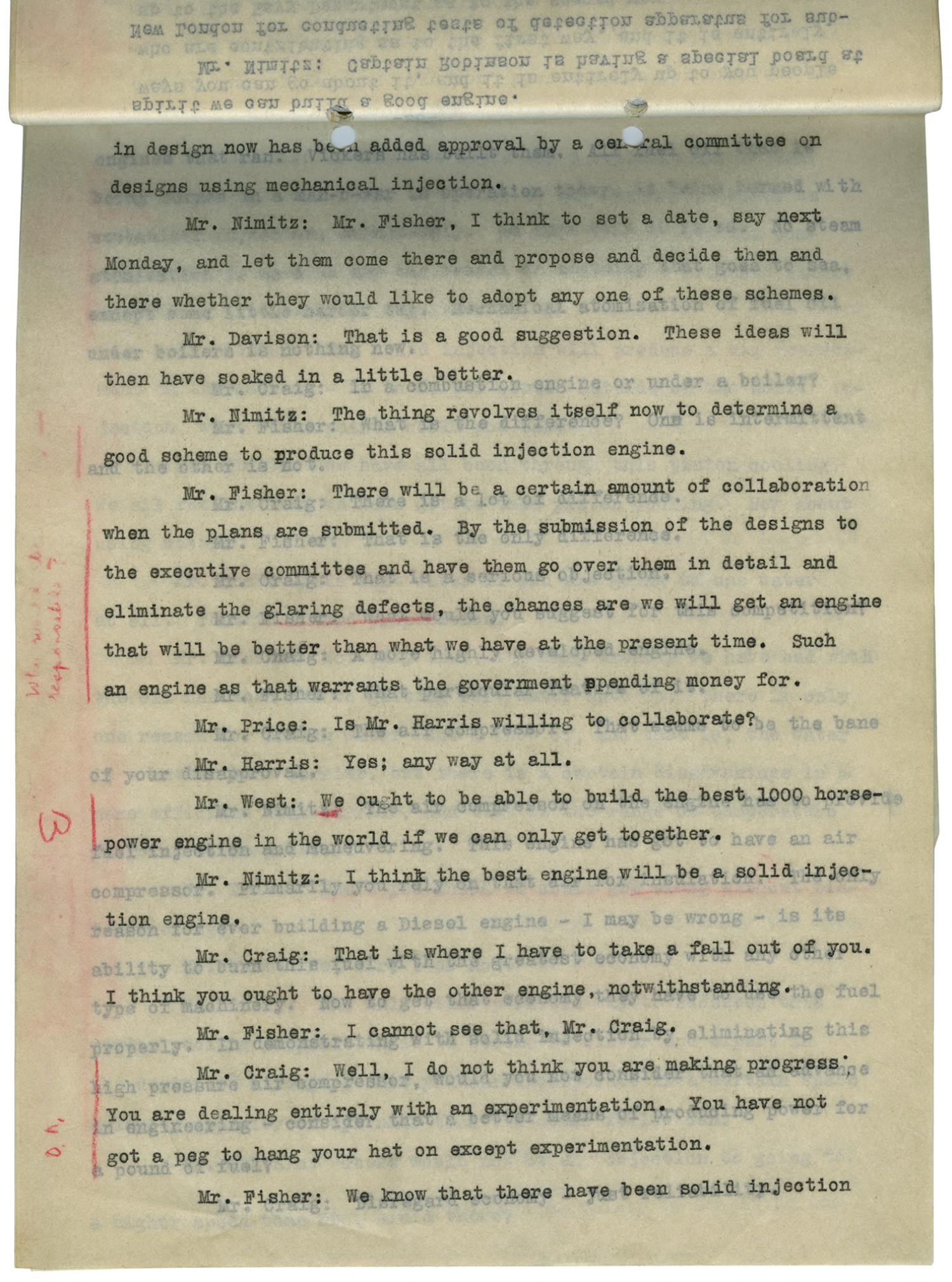
Transcript
in design now has been added approval by a central committee on designs using mechanical injection. Mr. Nimitz: Mr. Fisher, I think to set a date, say next Monday, and let them come there and propose and decide then and there whether they would like to adopt any one of these schemes. Mr. Davison: That is a good suggestion. These ideas will then have soaked in a little better. Mr. Nimitz: The thing revolves itself now to determine a good scheme to produce this solid injection engine. Mr. Fisher: There will be a certain amount of collaboration when the plans are submitted. By the submission of the designs to the executive committee and have them go over them in detail and eliminate the glaring defects, the chances are we will get an engine that will be better than what we have at the present time. Such an engine as that warrants the government spending money for. Mr. Price: Is Mr. Harris willing to collaborate? Mr. Harris: Yes; any way at all. Mr. West: We ought to be able to build the best 1000 horsepower engine in the world if we can only get together. Mr. Nimitz: I think the best engine will be a solid injection engine. Mr. Craig: That is where I have to take a fall out of you I think you ought to have the other engine, notwithstanding. Mr. Fisher: I cannot see that, Mr. Craig. Mr. Craig: Well, I do not think you are making progress. You are dealing entirely with an experimentation. You have not got a peg to hang your hat on except experimentation. Mr. Fisher: We know that there have been solid inject
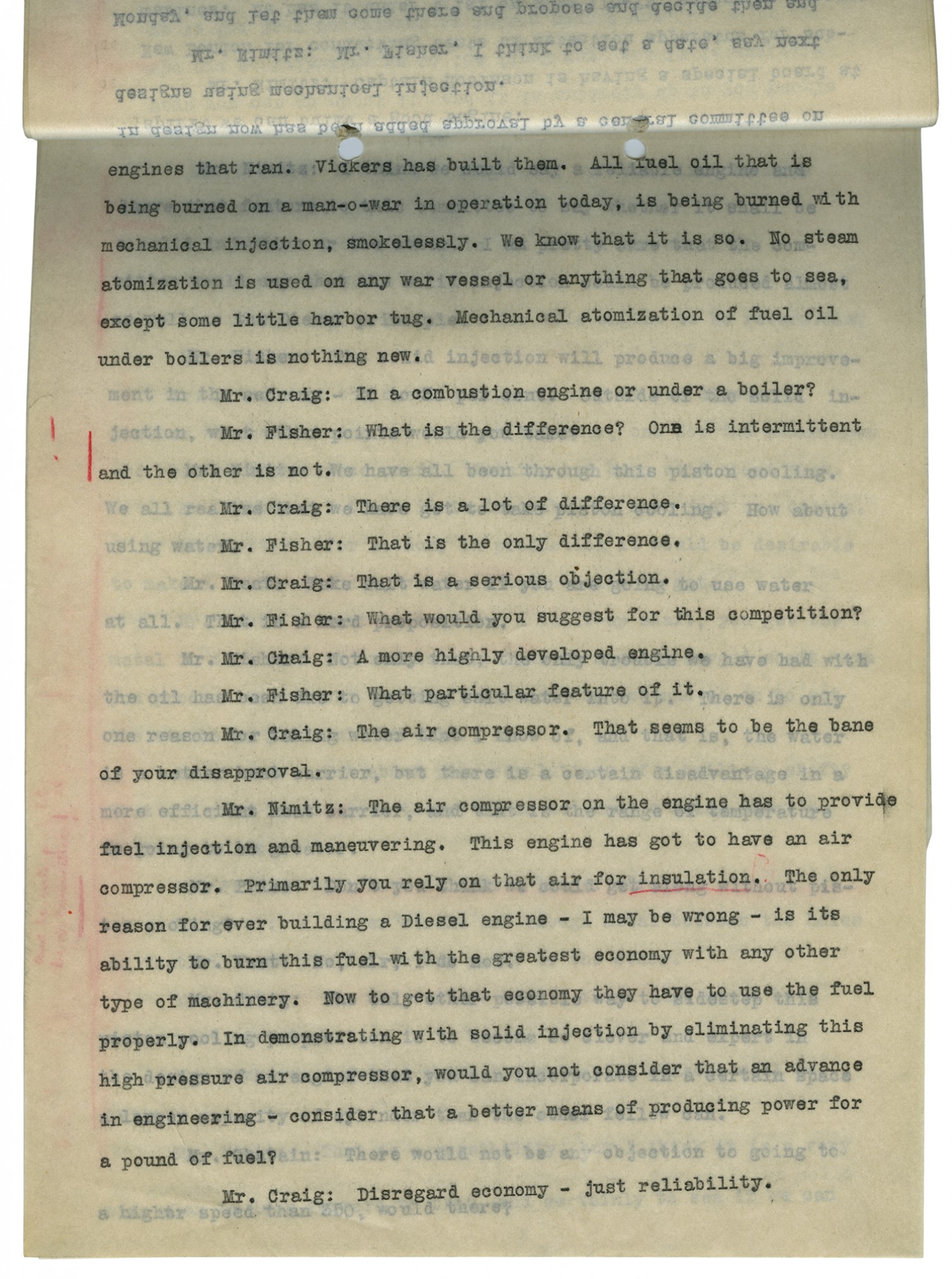
Transcript
engines that ran. Vickers has built them. All fuel oil that is being burned on a man-o-war in operation today, is being burned with mechanical injection, smokelessly. We know that it is so. No steam atomization is used on any war vessel or anything that goes to sea, except some little harbor tug. Mechanical atomization of fuel oil under boilers is nothing new. Mr. Craig: In a combustion engine or under a boiler? Mr. Fisher: What is the difference? One is intermittent and the other is not. Mr. Craig: There is a lot of difference. Mr. Fisher: That is the only difference. Mr. Craig: That is a serious objection. Mr. Fisher: What would you suggest for this competition? Mr. Craig: A more highly developed engine. Mr. Fisher: What particular feature of it. Mr. Craig: The air compressor. That seems to be the bane of your disapproval. Mr. Nimitz: The air compressor on the engine has to provide fuel injection and maneuvering. This engine has got to have an air compressor. Primarily you rely on that air for insulation. The only reason for ever building a Diesel engine
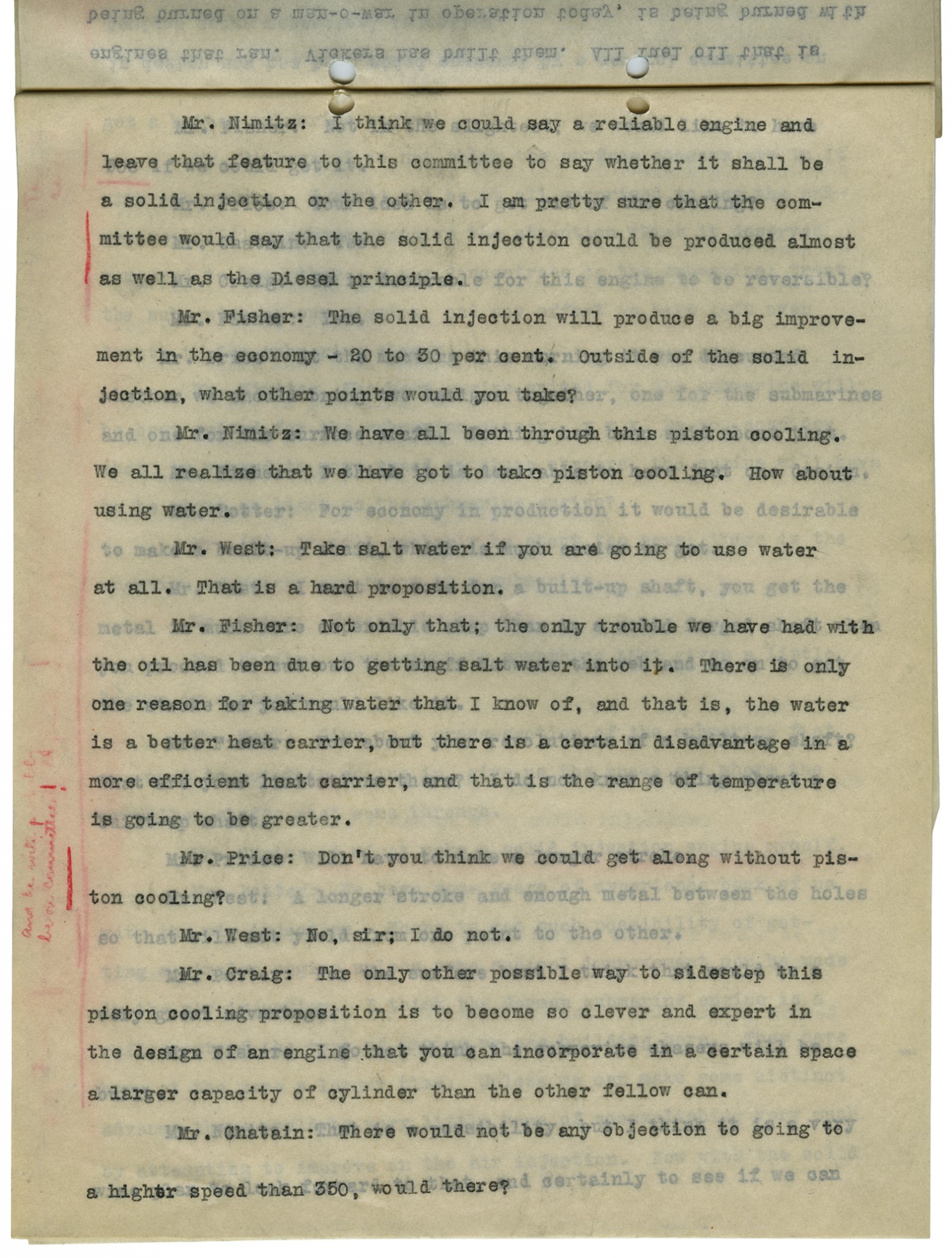
Transcript
Mr. Nimitz: I think we could say a reliable engine and leave that feature to this committee to say whether it shall be a solid injection or the other. I am pretty sure that the committee would say that the solid injection could be produced almost as well as the Diesel principle. Mr. Fisher: The solid injection will produce a big improvement in the economy
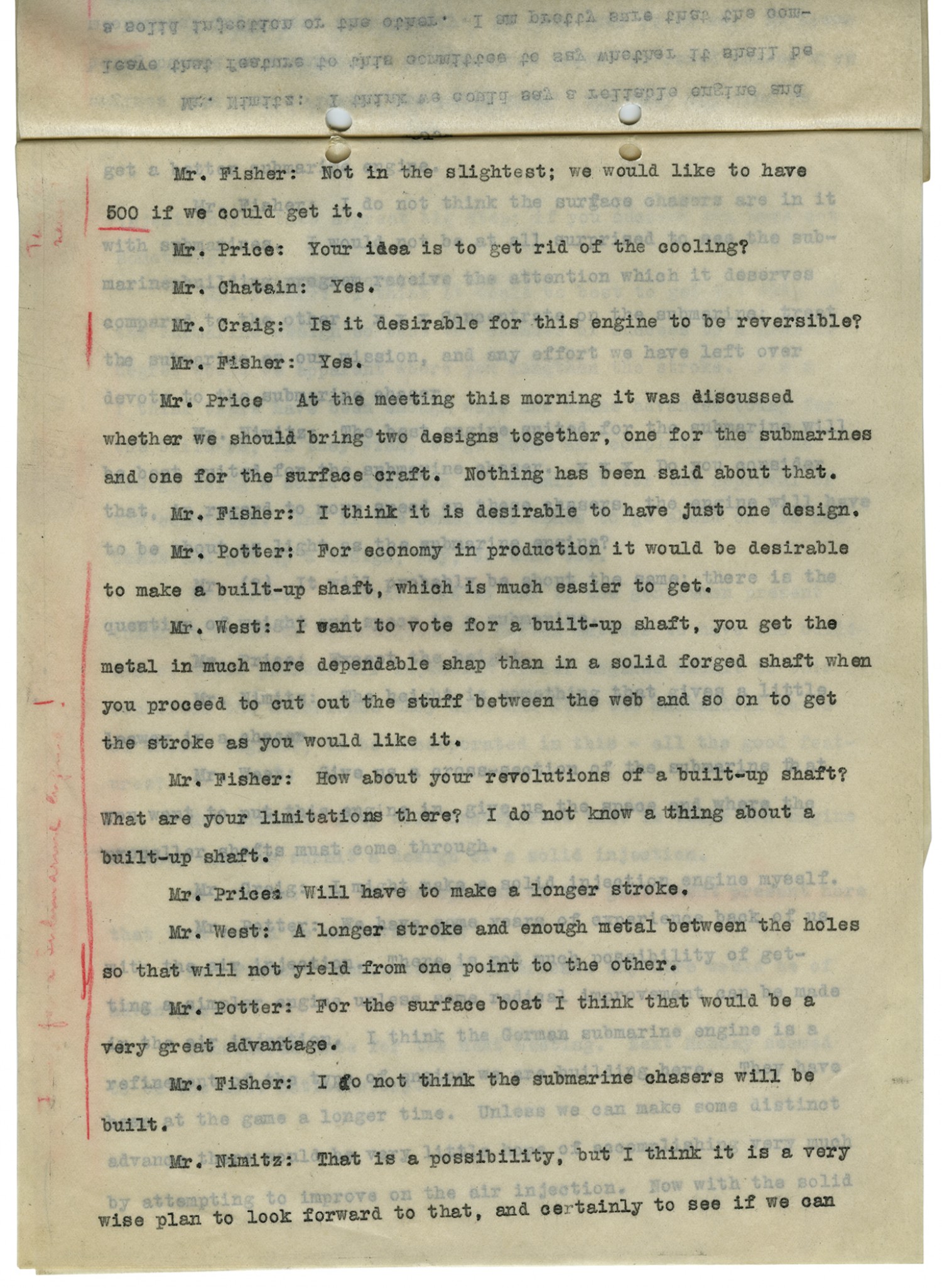
Transcript
Mr. Fisher: Not in the slightest; we would like to have 500 if we could get it. Mr. Price: Your idea is to get rid of the cooling? Mr. Chatain: Yes. Mr. Craig: Is it desirable for this engine to be reversible? Mr. Fisher: Yes. Mr. Price At the meeting this morning it was discussed whether we should bring two designs together, one for the submarines and one for the surface craft. Nothing has been said about that. Mr. Fisher: I think it is desirable to have just one design. Mr. Potter: For economy in production it would be desirable to make a built-up shaft, which is much easier to get. Mr. West: I want to vote for a built-up shaft, you get the metal in much more dependable shap than in a solid forged shaft when you proceed to cut out the stuff between the web and so on to get the stroke as you would like it. Mr. Fisher: How about your revolutions of a built-up shaft? What are you limitations there? I do not know a thing about a built-up shaft. Mr. Price: Will have to make a longer stroke. Mr. West: A longer stroke and enough metal between the holes so that will not yield from one point to the other. Mr. Potter: For the surface boat I think that would be a very great advantage. Mr. Fisher: I do not think the submarine chasers will be built. Mr. Nimitz: That is a possibility, but I think it is a very wise plan to look forward to that, and certainly to see if we can
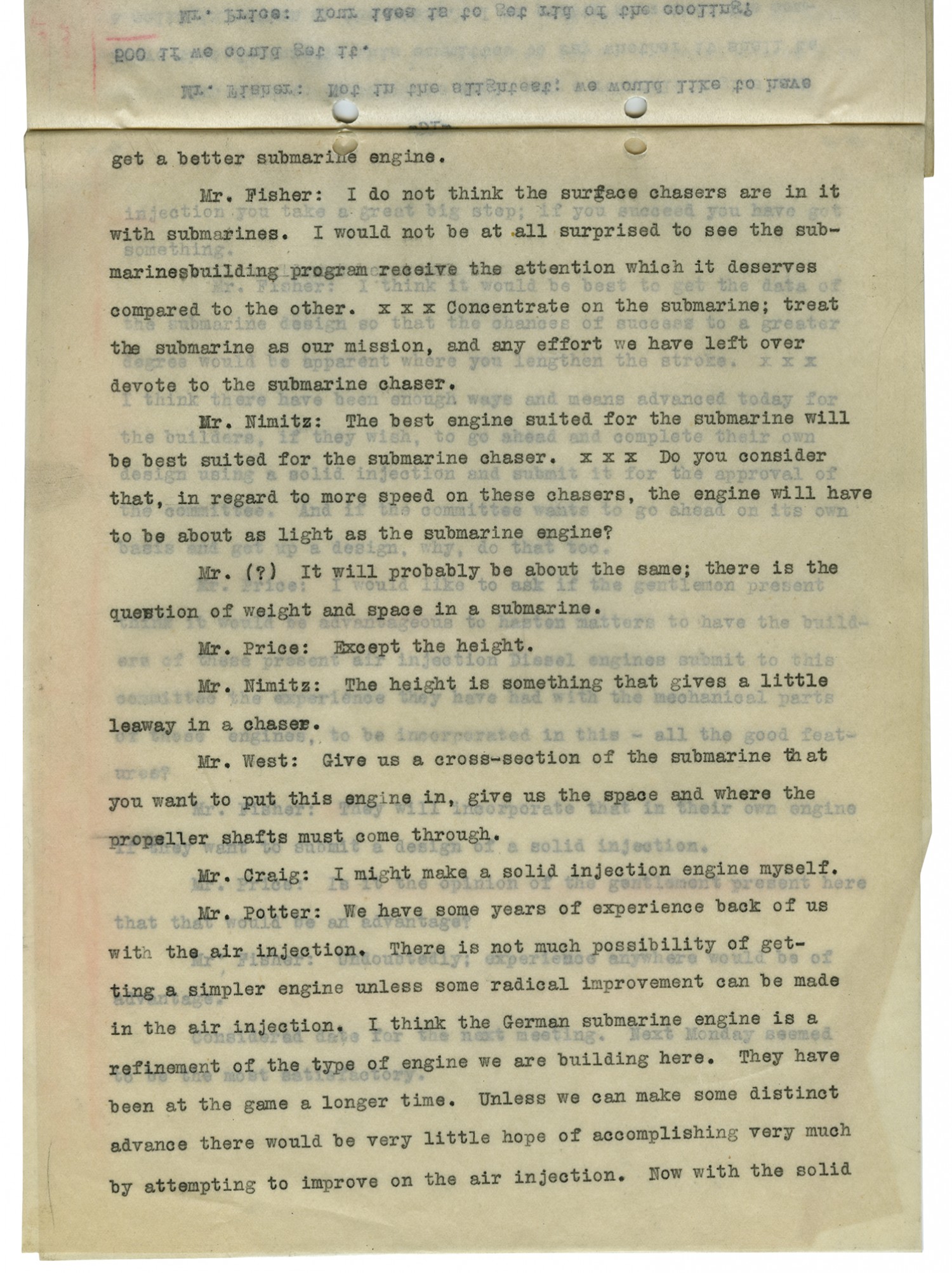
Transcript
get a better submarine engine. Mr. Fisher: I do not think the surface chasers are in it with submarines. I would not be at all surprised to see the submarines building program receive the attention which it deserves compared to the other. Concentrate on the submarine; treat the submarine as our mission, and any effort we have left over devote to the submarine chaser. Mr. Nimitz: The best engine suited for the submarine will be best suited for the submarine chaser. Do you consider that, in regard to more speed on these chasers, the engine will have to be about as light as the submarine engine? Mr. (?) It will probably be about the same; there is the question of weight and space in a submarine. Mr. Price: Except the height. Mr. Nimitz: The height is something that gives a little leaway in a chaser. Mr. West: Give us a cross-section of the submarine that you want to put this engine in, give us the space and where the propeller shafts must come through. Mr. Craig: I might make a solid injection engine myself. Mr. Potter: We have some years of experience back of us with the air injection. There is not much possibility of getting a simpler engine unless some radical improvement can be made in the air injection. I think the German submarine engine is a refinement of the type of engine we are building here. They have been at the game a longer time. Unless we can make some distinct advance there would be very little hope of accomplishing very much by attempting to improve on the air injection. Now with the solid
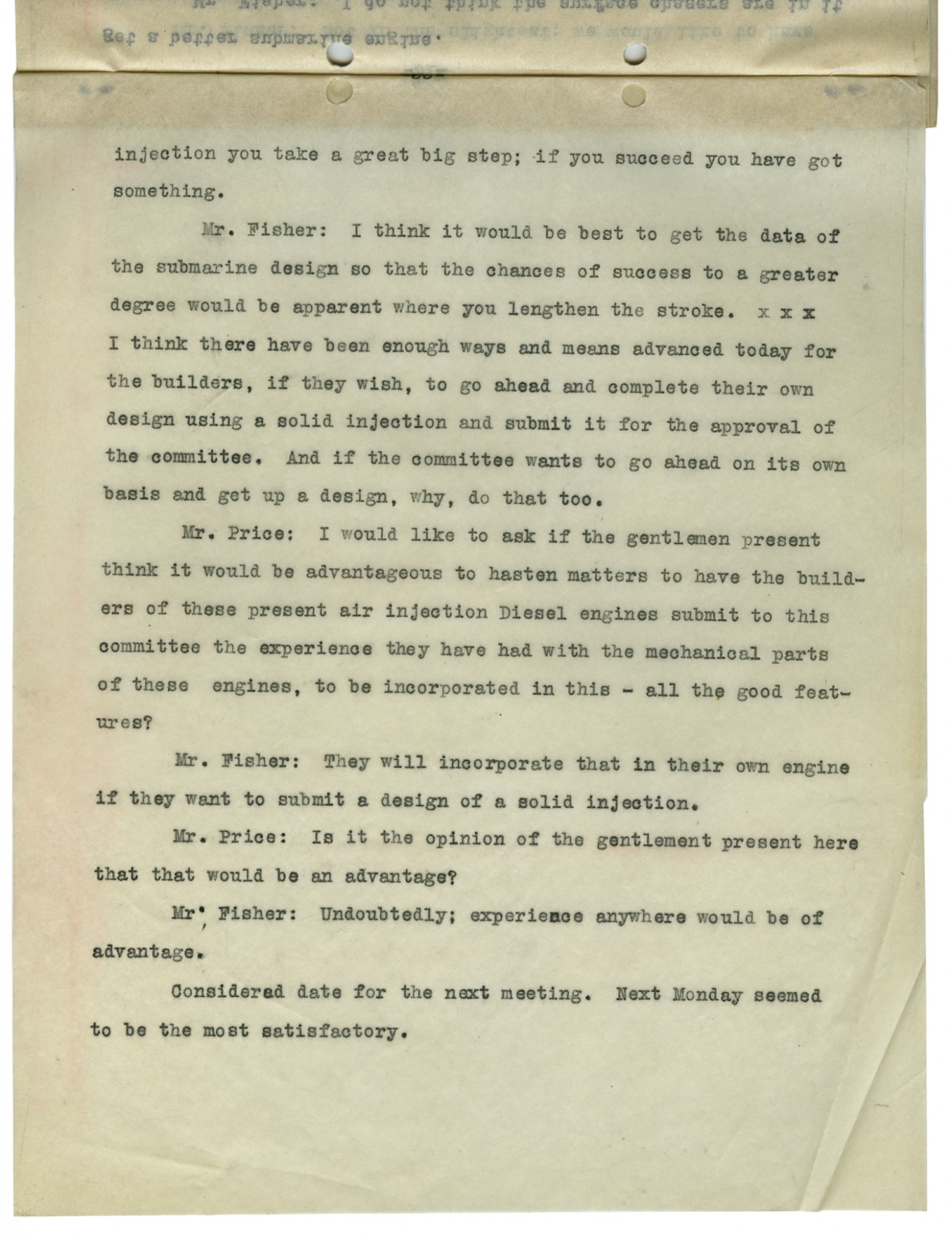
Transcript
injection you take a great big step; if you succeed you have got something. Mr. Fisher: I think it would be best to get the data of the submarine design so that the chances of success to a greater degree would be apparent where you lengthen the stroke. I think there have been enough ways and means advanced today for the builders, if they wish, to go ahead and complete their own design using a solid injection and submit it for the approval of the committee. And if the committee wants to go ahead on its own basis and get up a design, why, do that too. Mr. Price: I would like to ask if the gentlemen present think it would be advantageous to hasten matters to have the builders of these present air injection Diesel engines submit to this committee the experience they have had with the mechanical parts of these engines, to be incorporated in this
Details
| Title | Minutes of a Conference with Robert S. Griffin - December 3, 1917 |
| Creator | Griffin, Robert. S. |
| Source | Griffin, Robert. S. Minutes of a Conference with Robert S. Griffin. 03 December 1917. Busch-Sulzer Collection. Wisconsin Historical Society, Madison, Wisconsin. |
| Description | Minutes taken from a meeting with the members of the Diesel Engine Builders and Designers committee. The committee members included Admiral Robert S. Griffin, Chief of the Bureau of Steam Engineering in Washington D.C., and Chester W. Nimitz, chief of staff to the commander of the U.S. Atlantic submarine force. The committee discussed the possibility of collaborating to create a higher horsepower submarine engine to combat the Germans. The members contemplated the best way to create a higher power, compact, economical engine. |
| Subject LCSH | Diesel engine; Submarine boats; Busch-Sulzer brothers Diesel engine company; United States. Navy; Griffin, Robert S. (Robert Stanislaus), 1857-1933; Nimitz, Chester W. (Chester William), 1885-1966 |
| Subject Local | WWI; World War I; Submarine engine |
| Contributing Institution | Wisconsin Historical Society |
| Copy Request | Transmission or reproduction of items on these pages beyond that allowed by fair use requires the written permission of the Wisconsin Historical Society: 608-264-6535 |
| Rights | The text and images contained in this collection are intended for research and educational use only. Duplication of any of these images for commercial use without express written consent is expressly prohibited. |
| Date Original | December 3, 1917 |
| Language | English |
